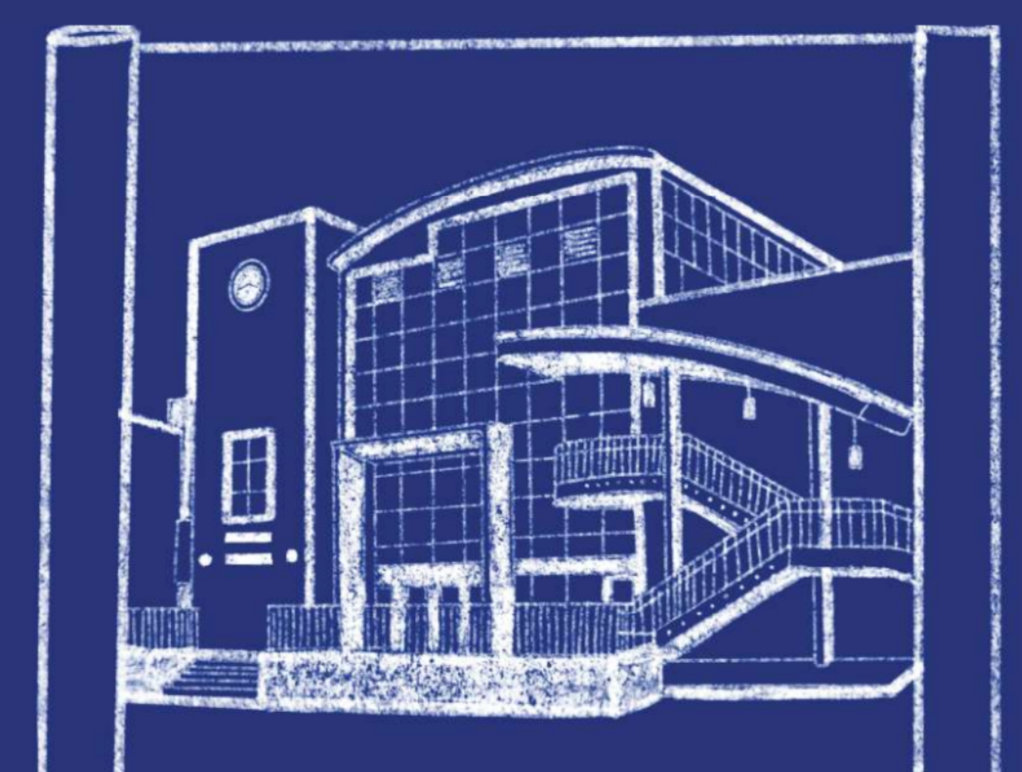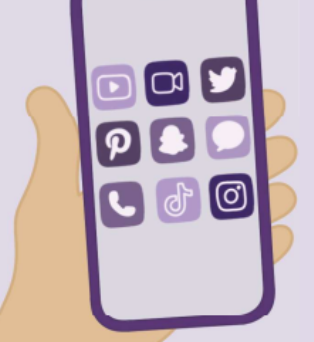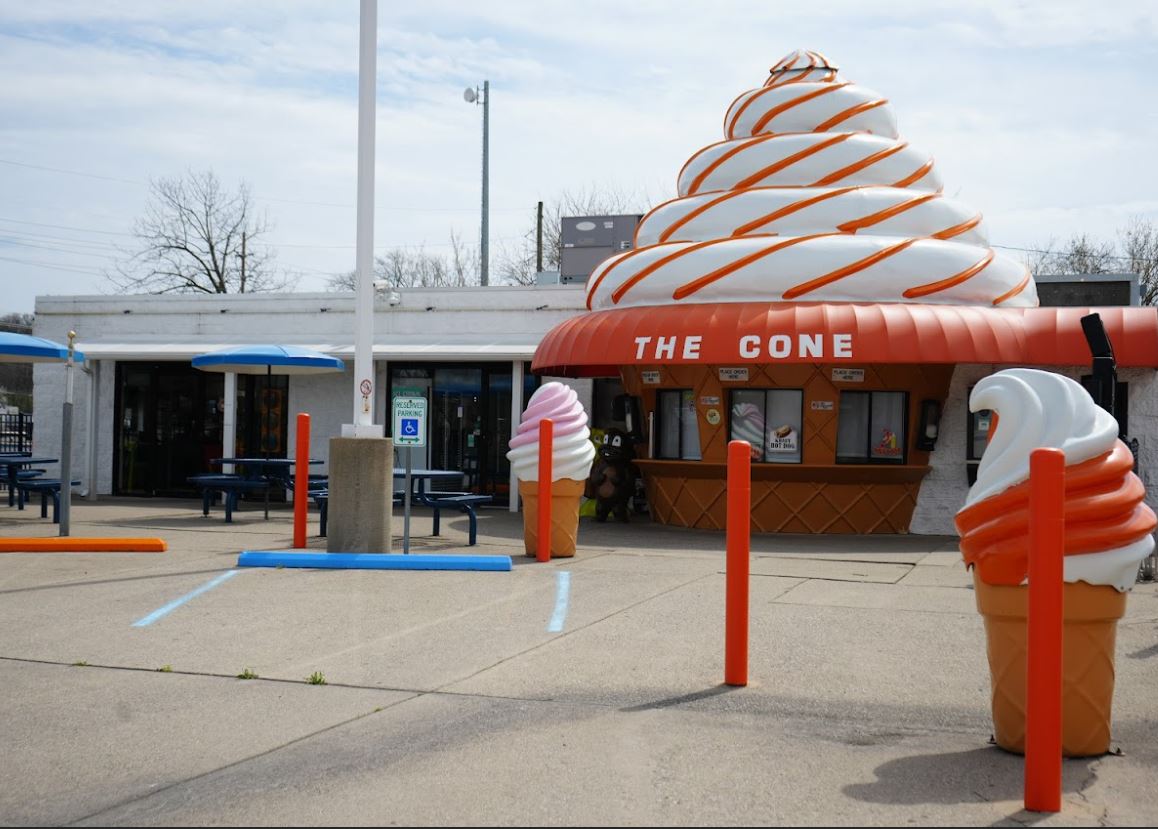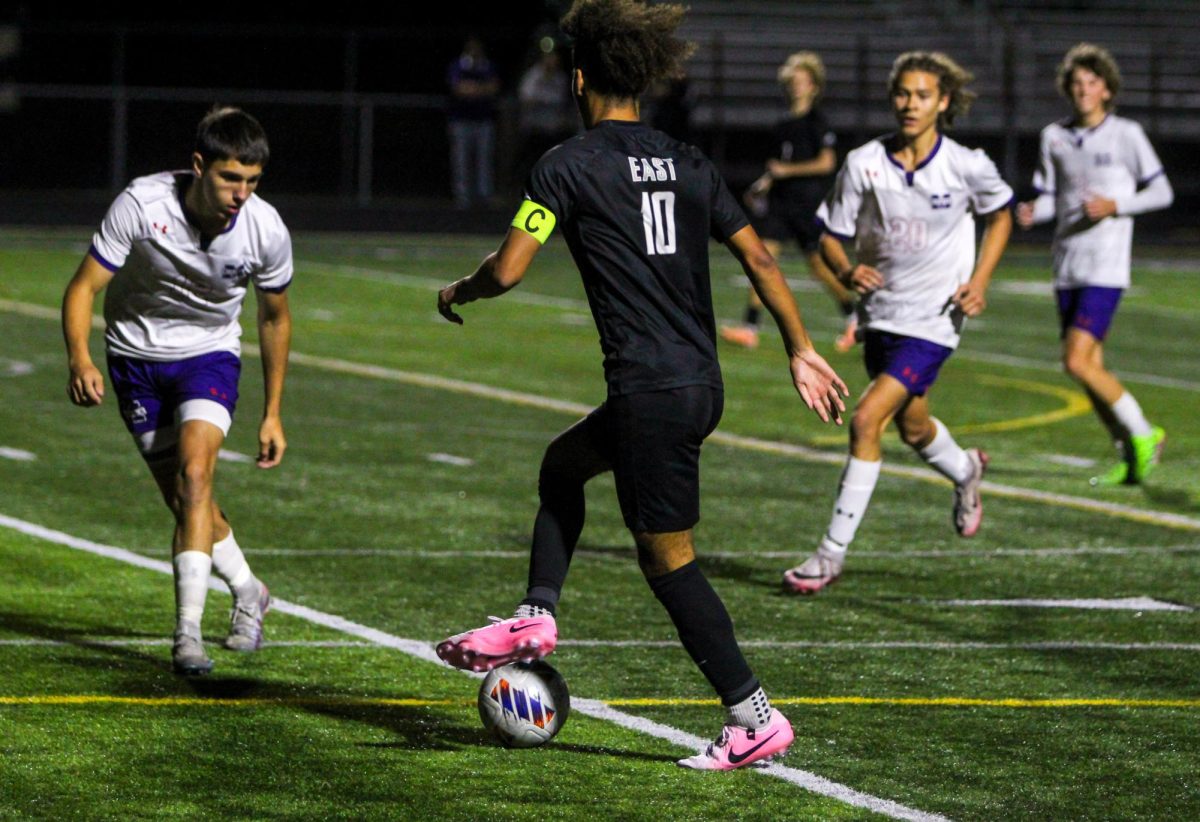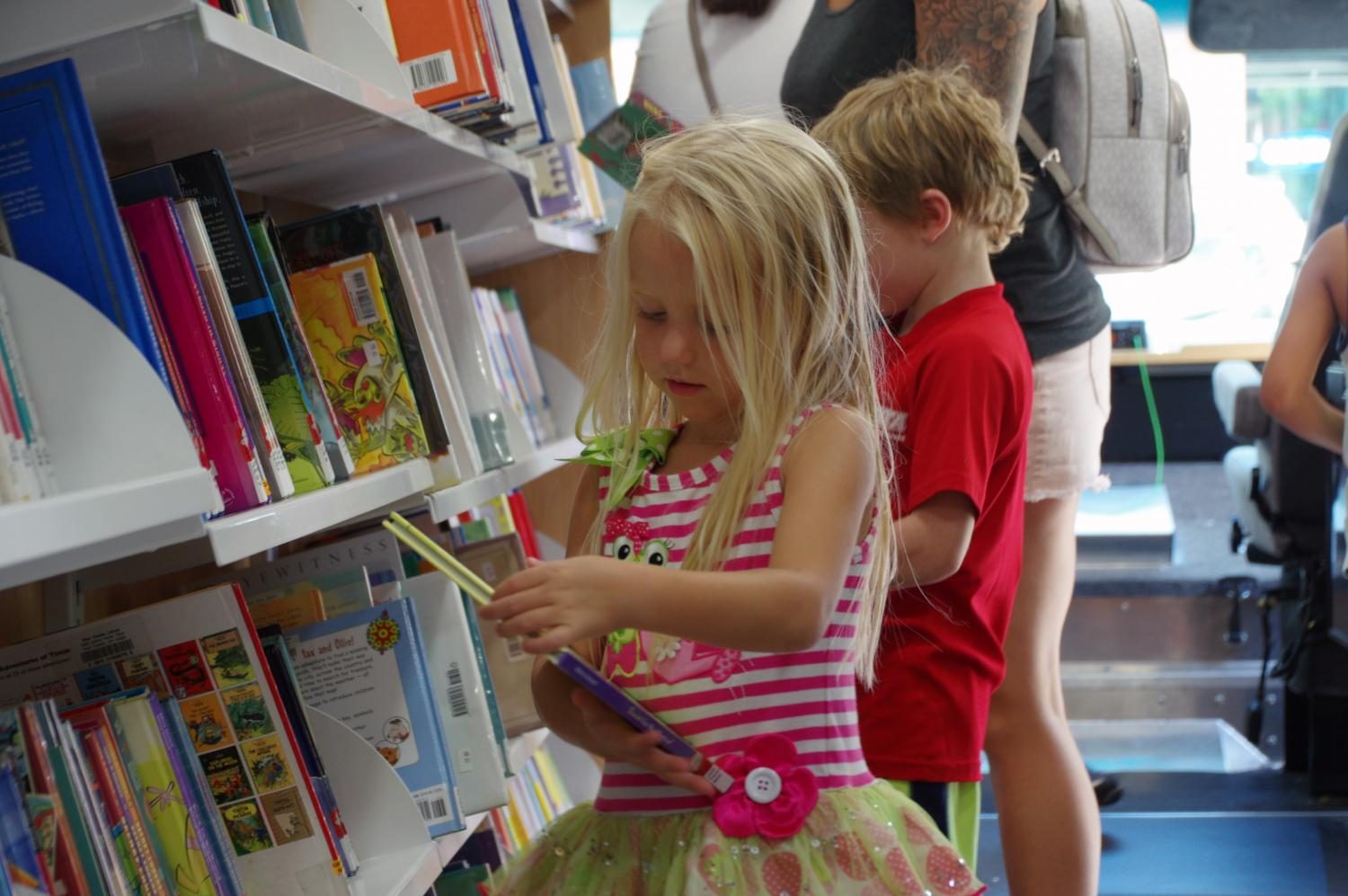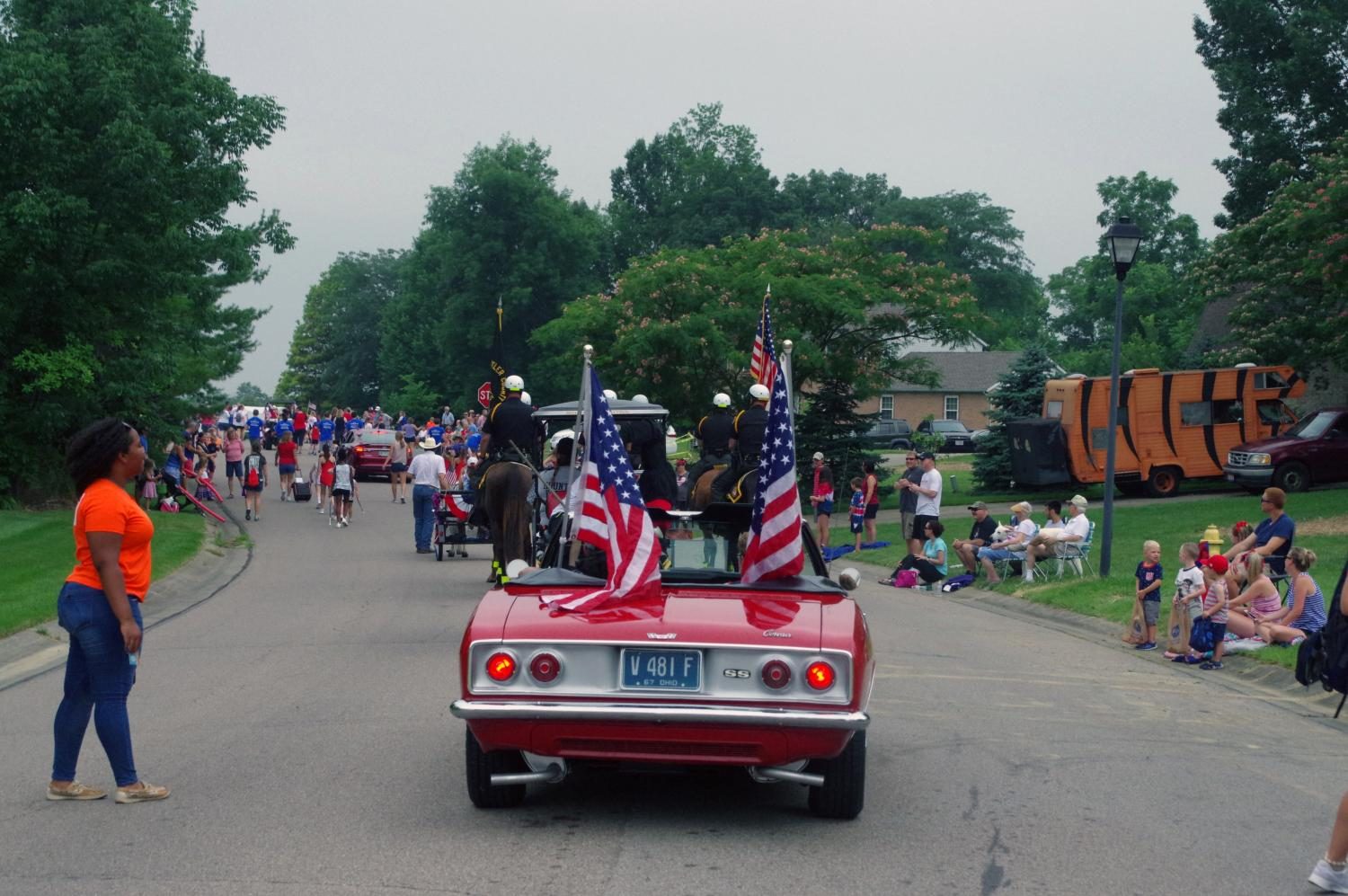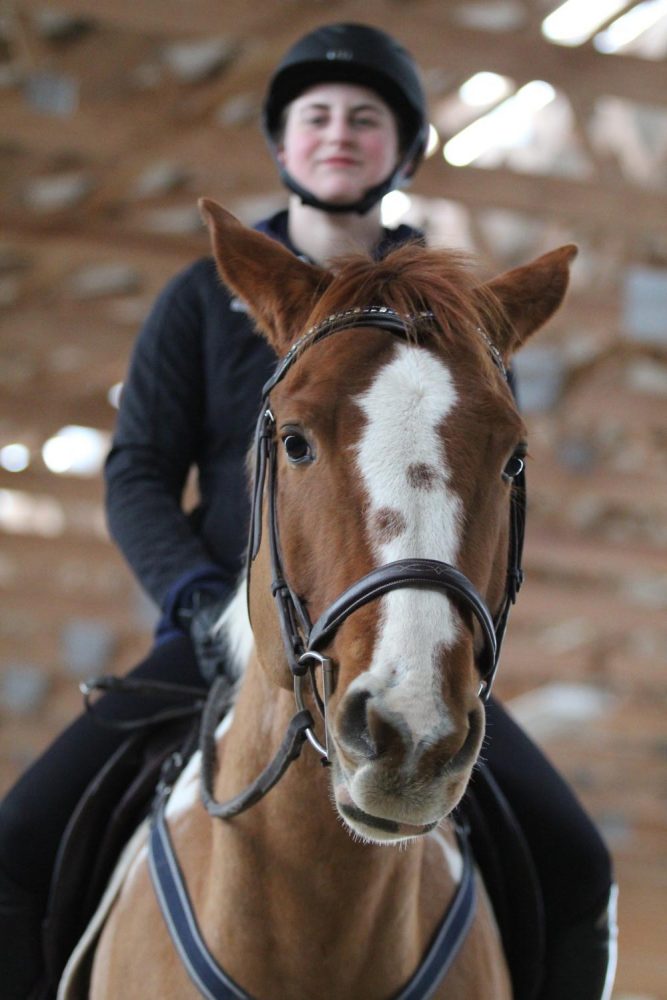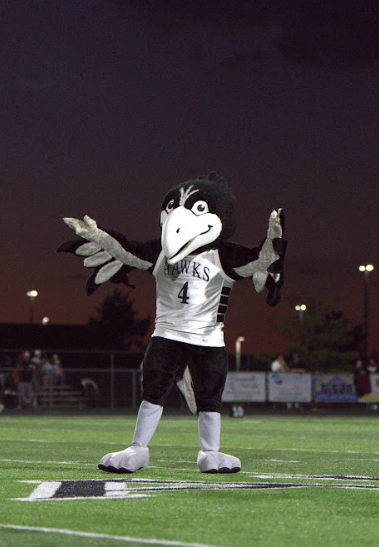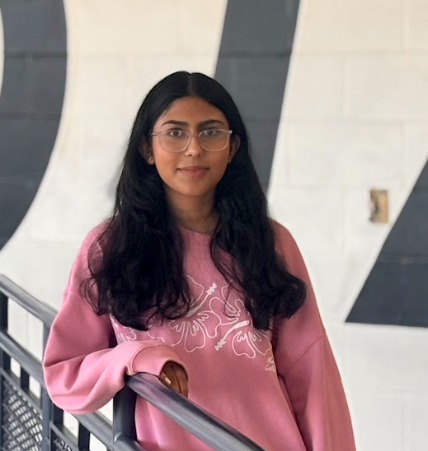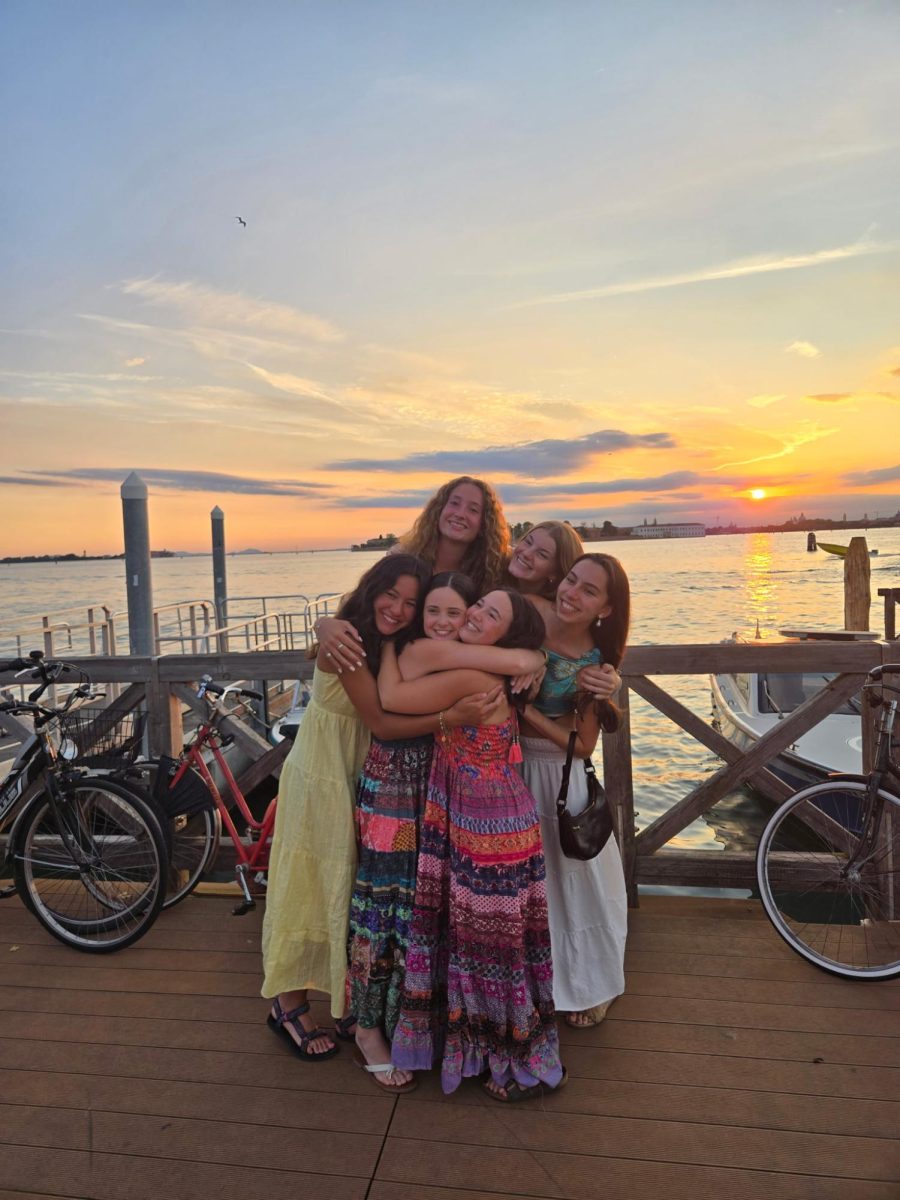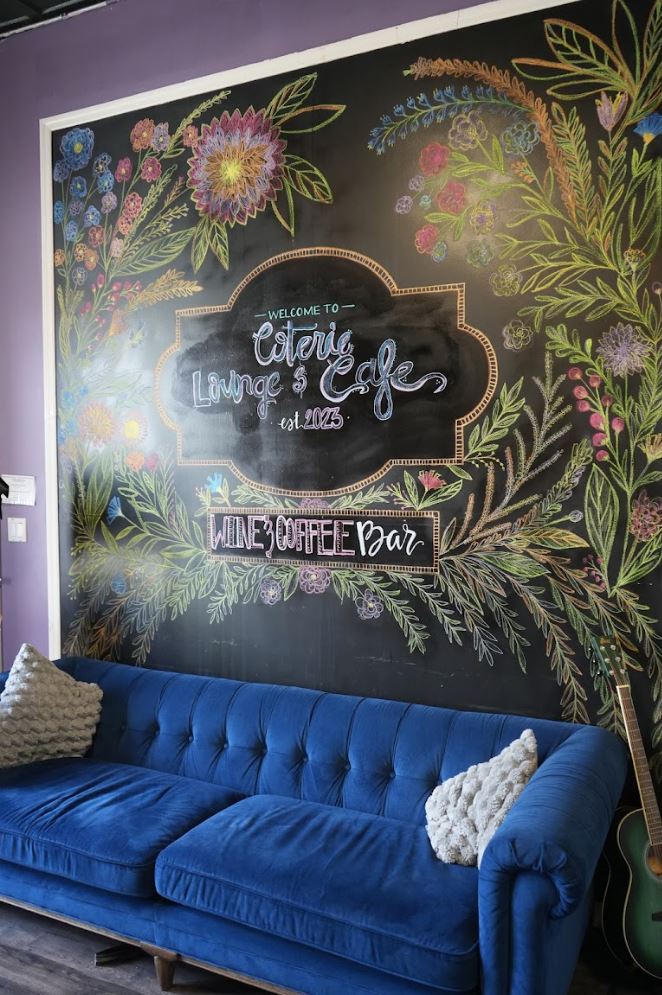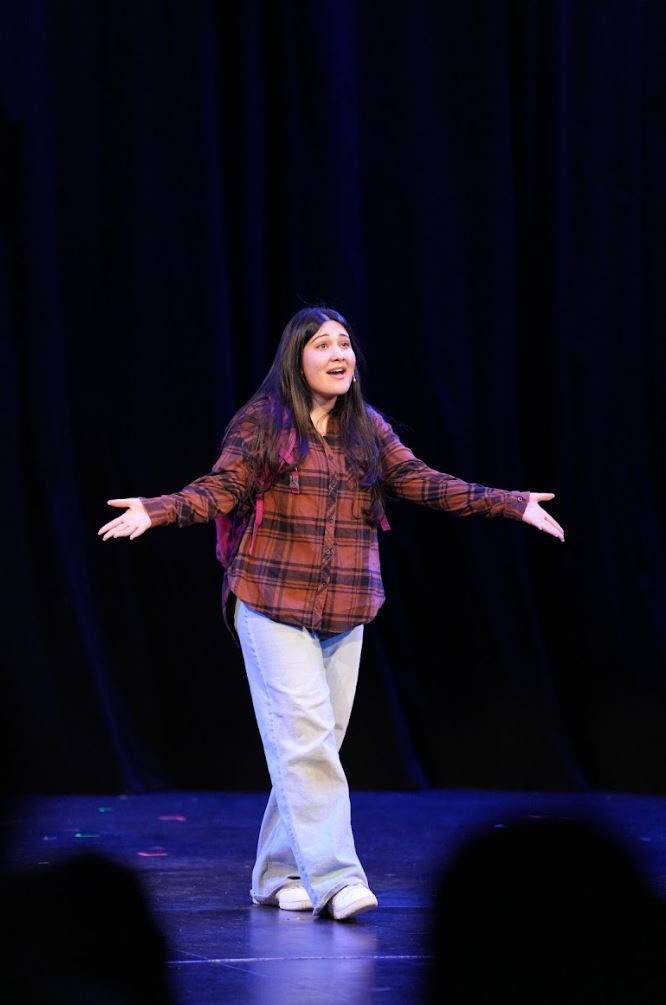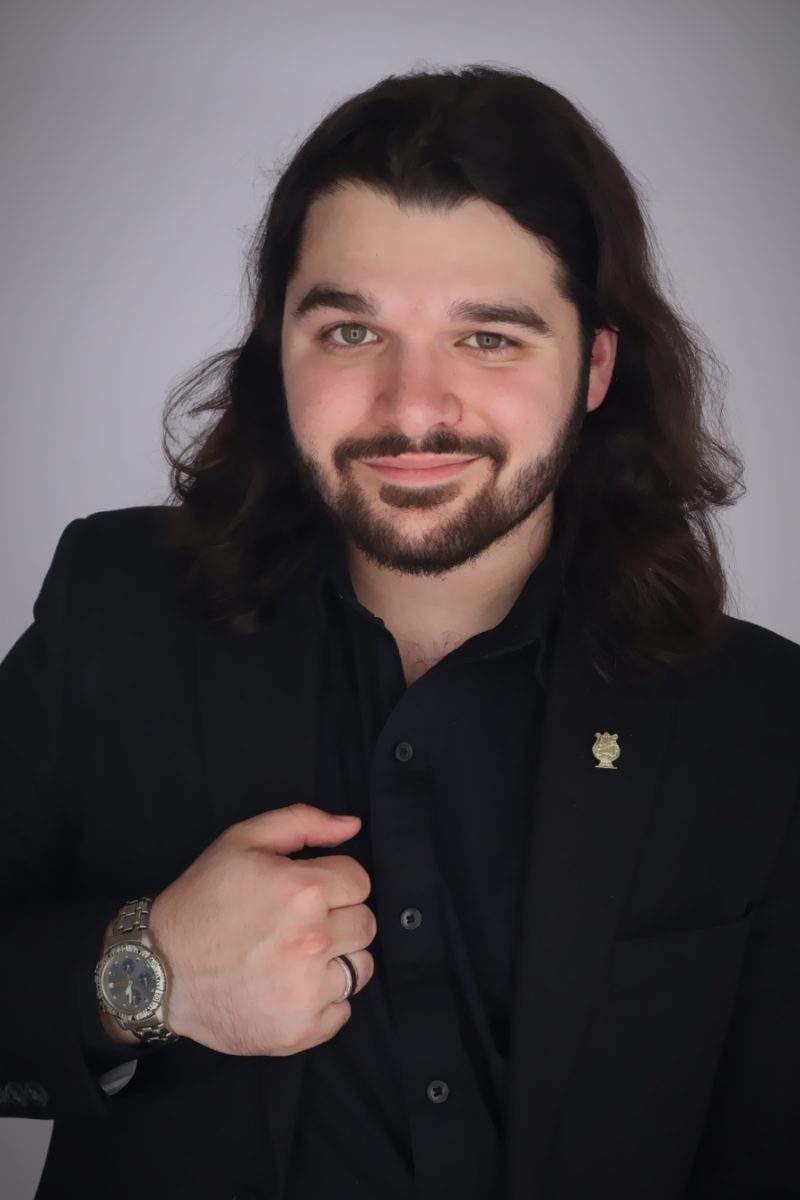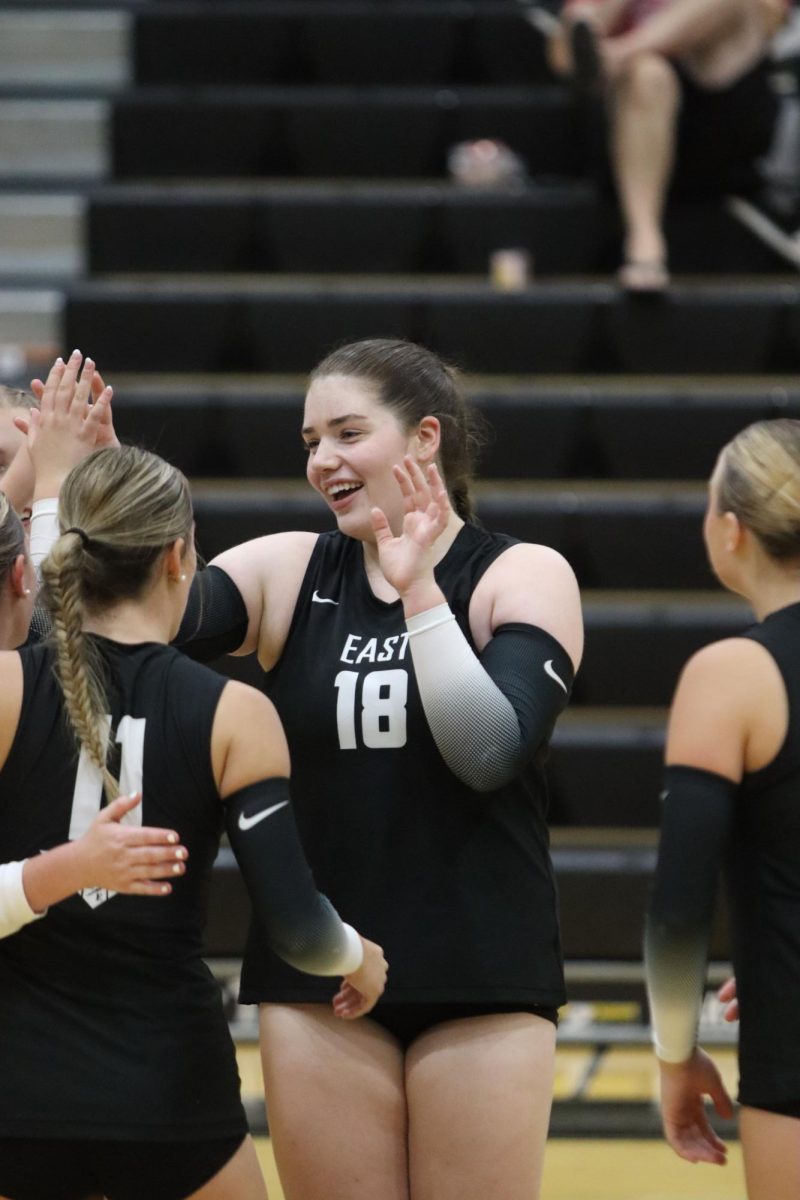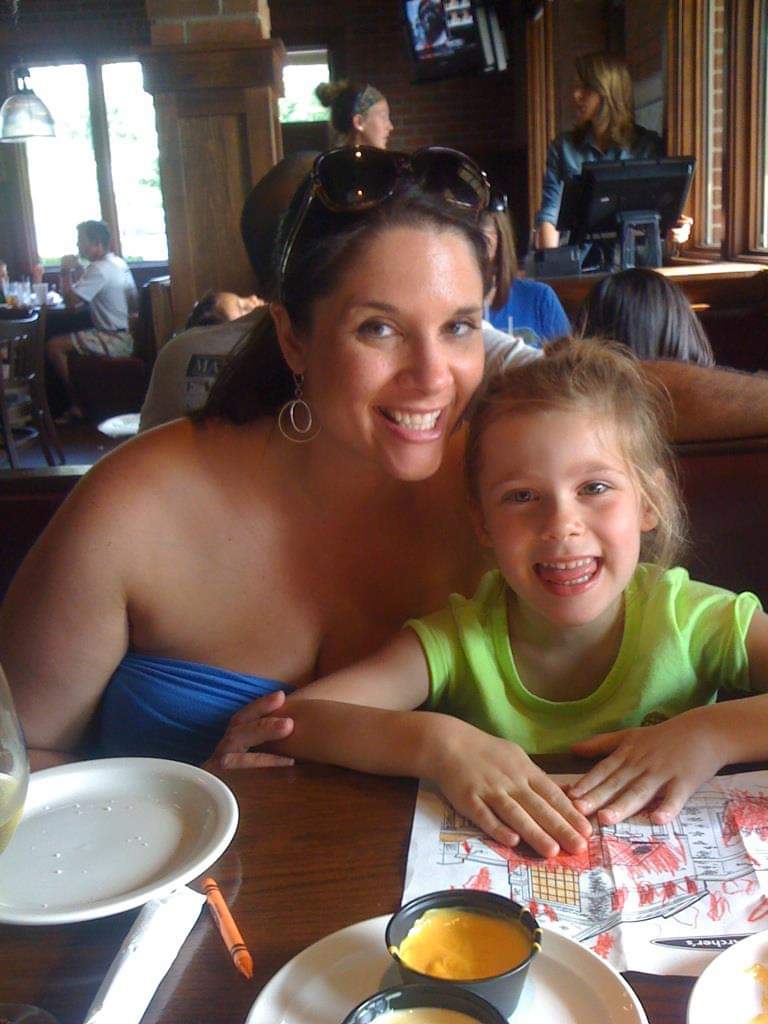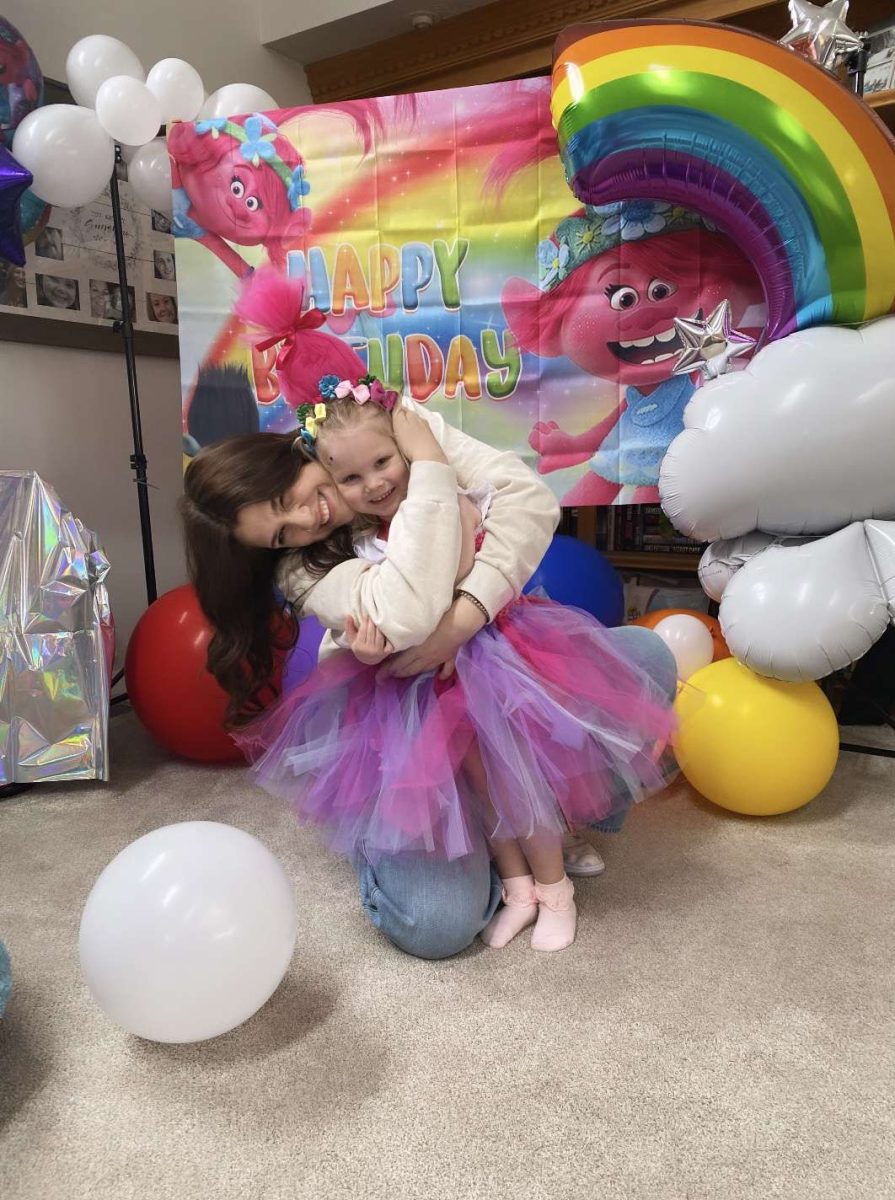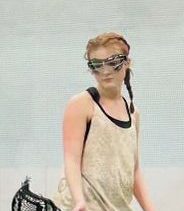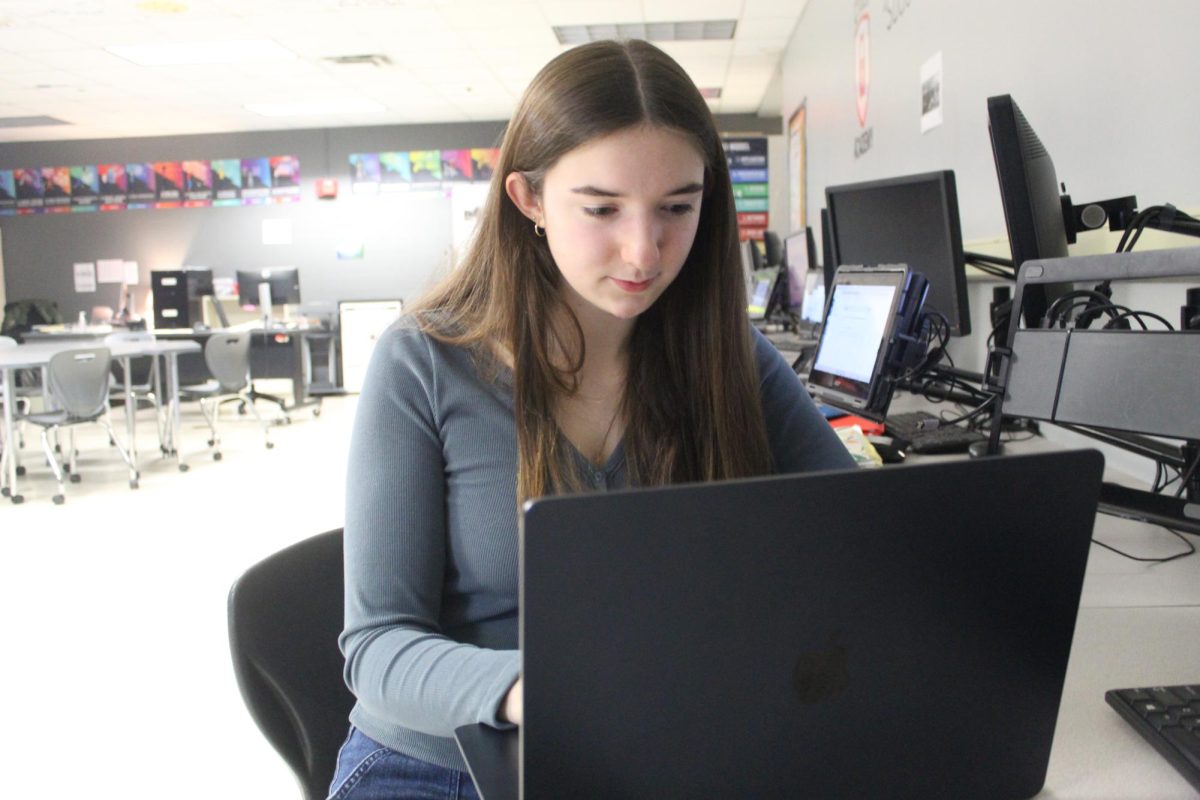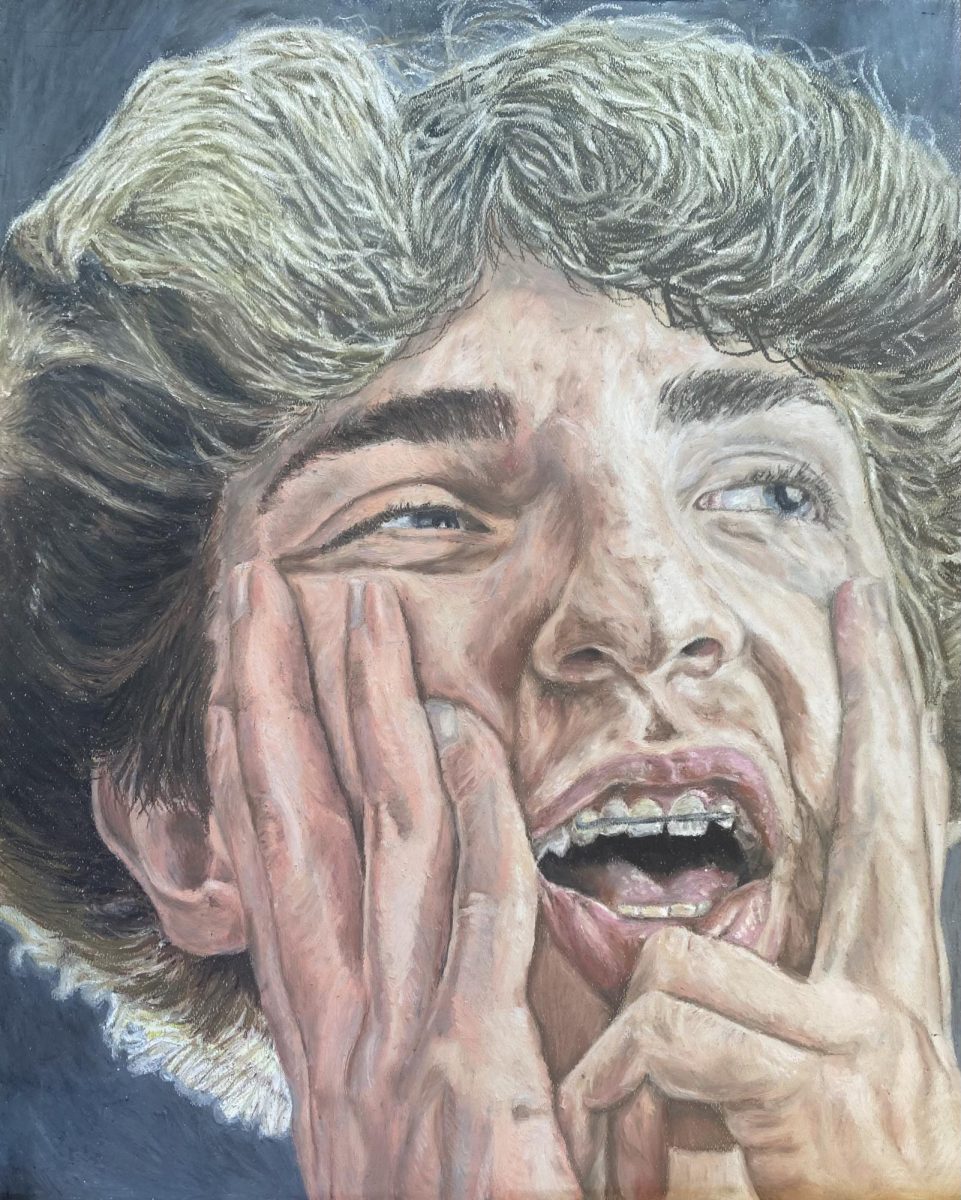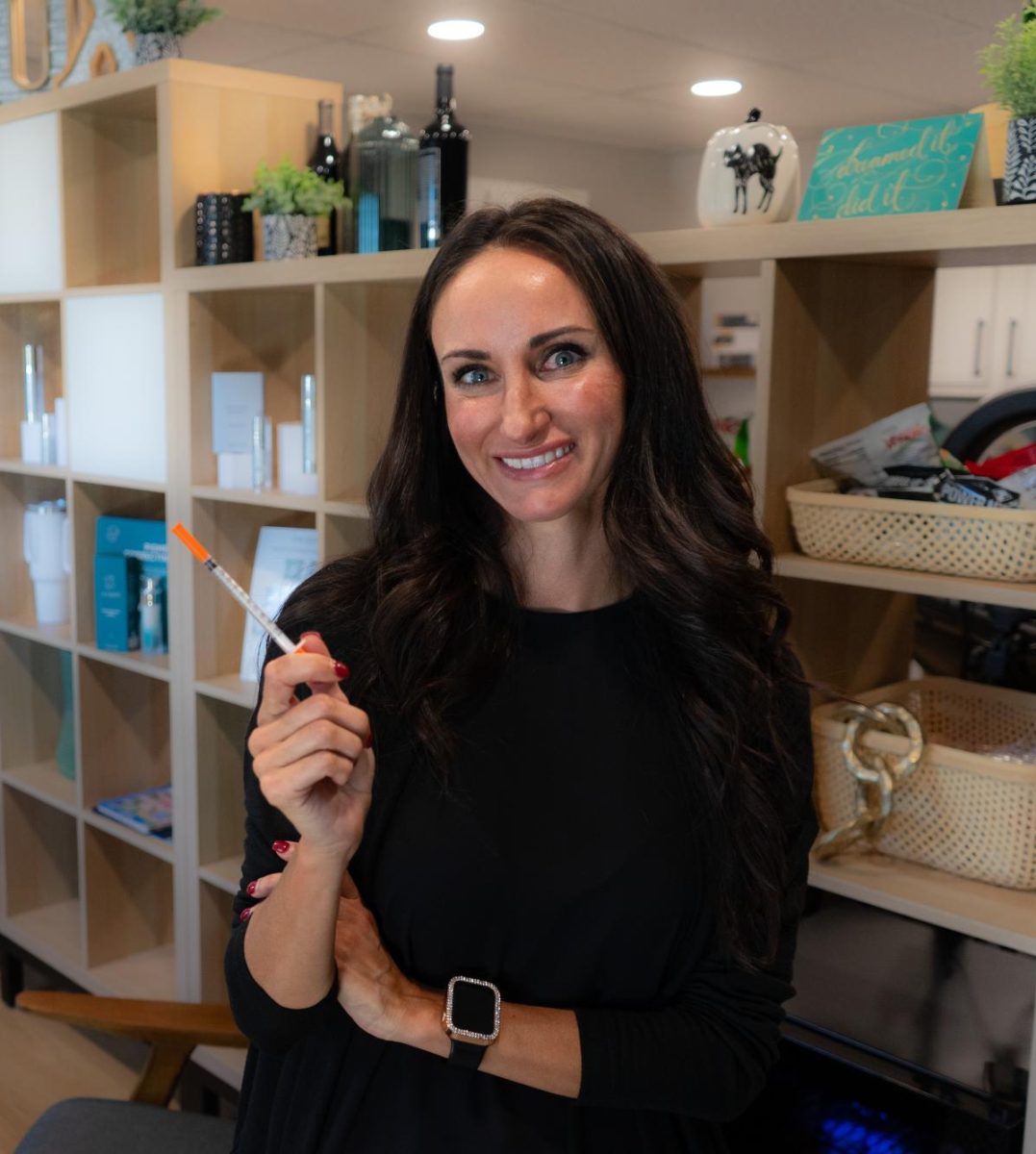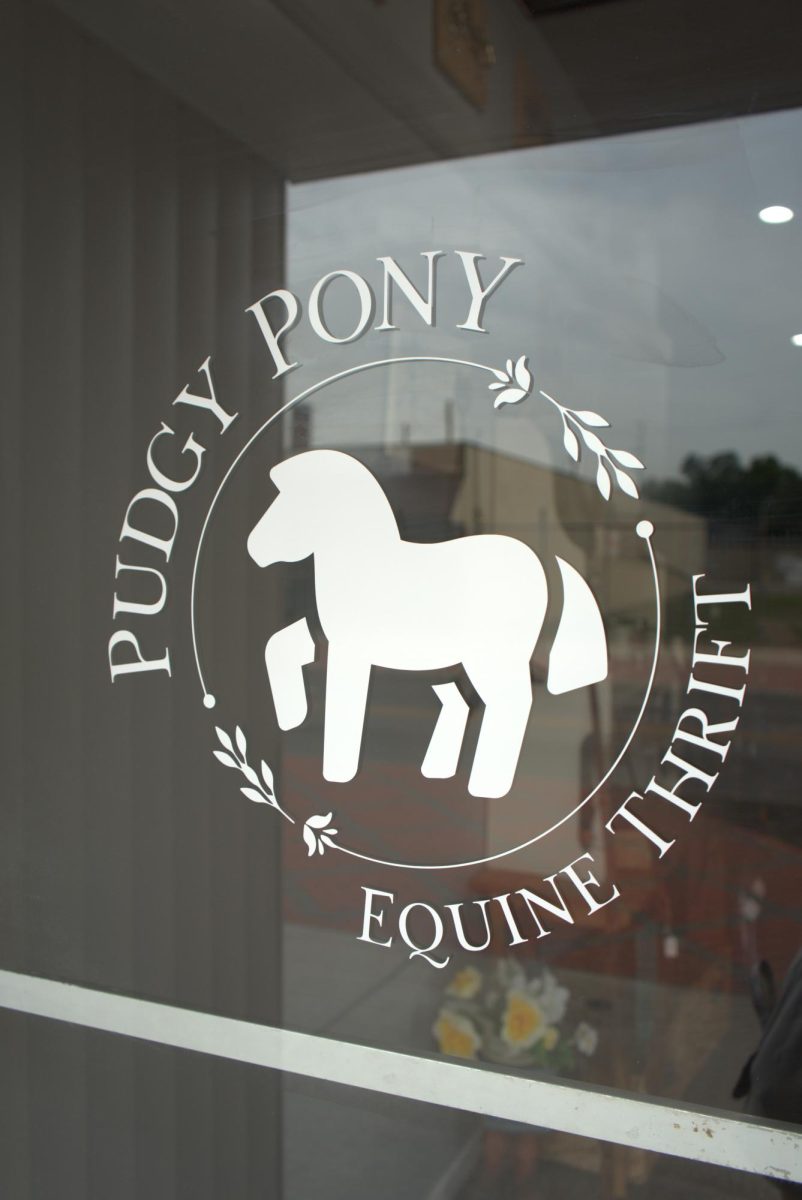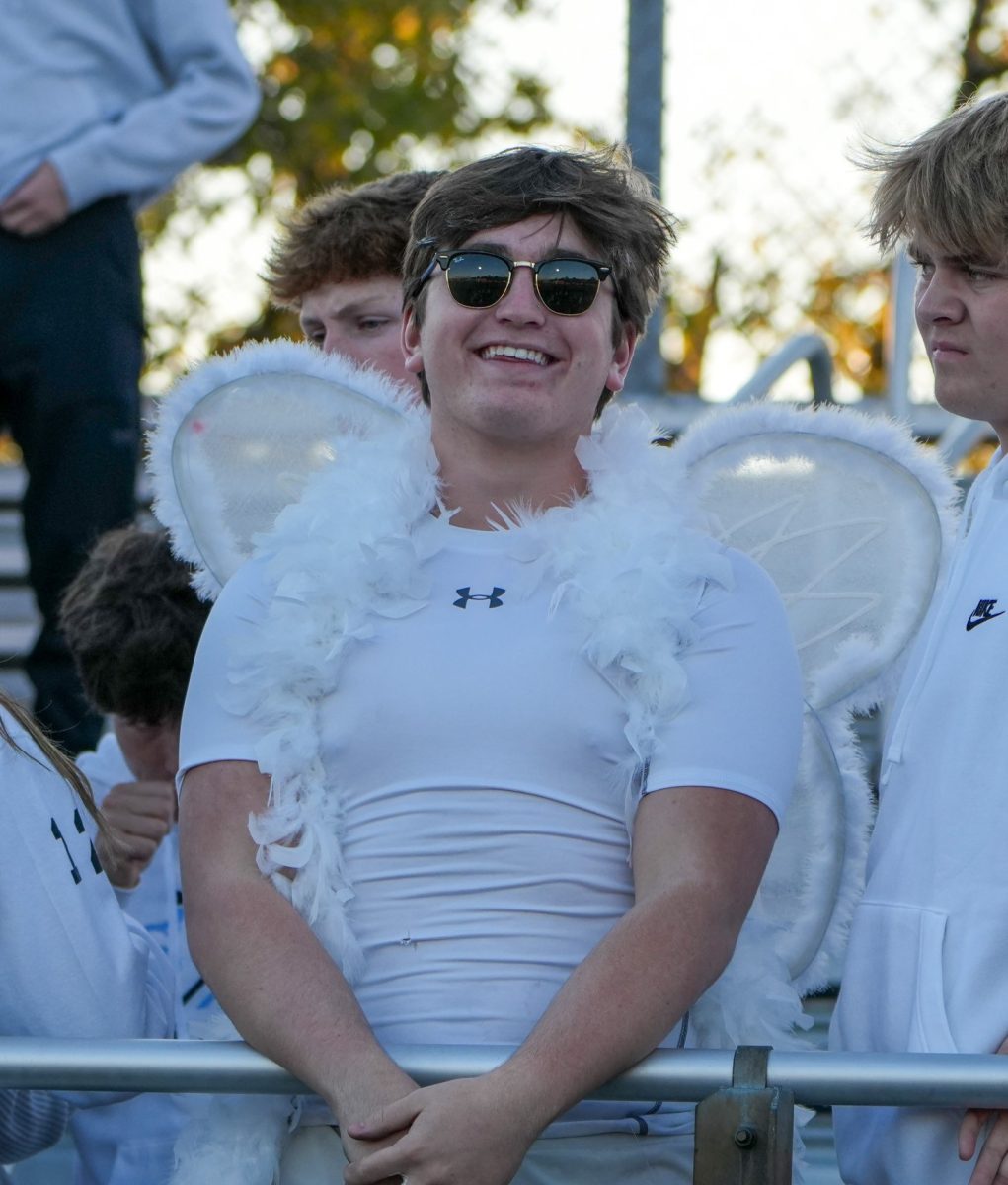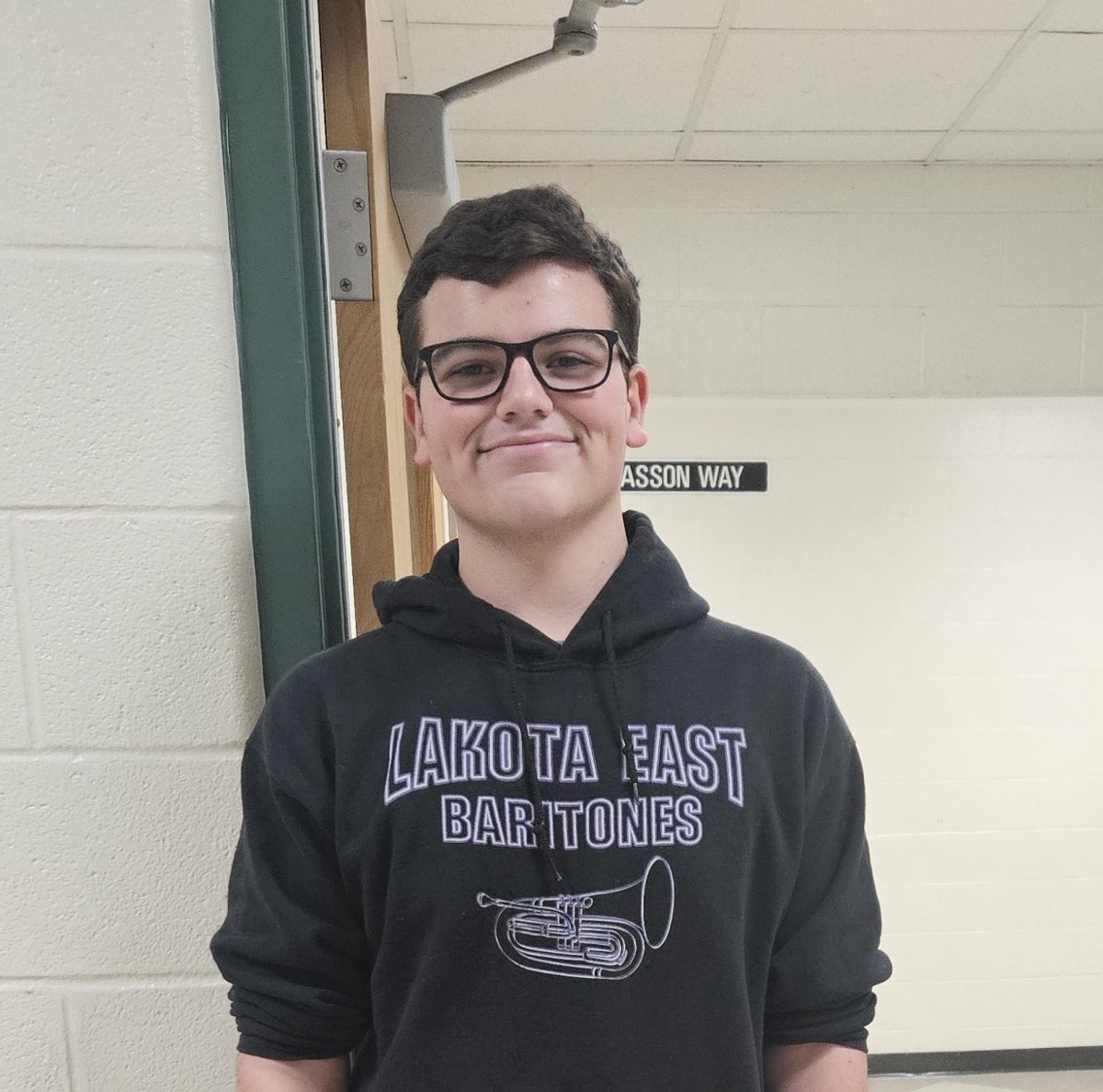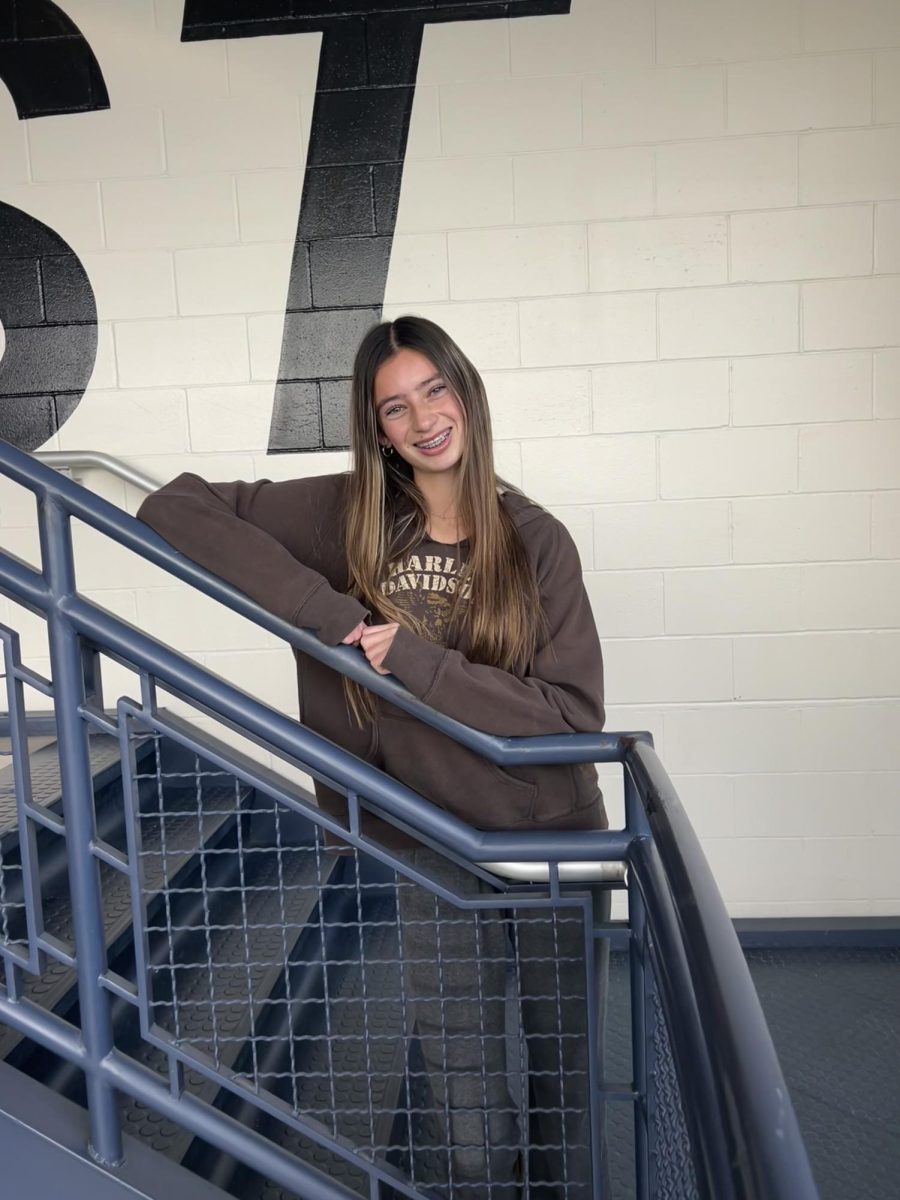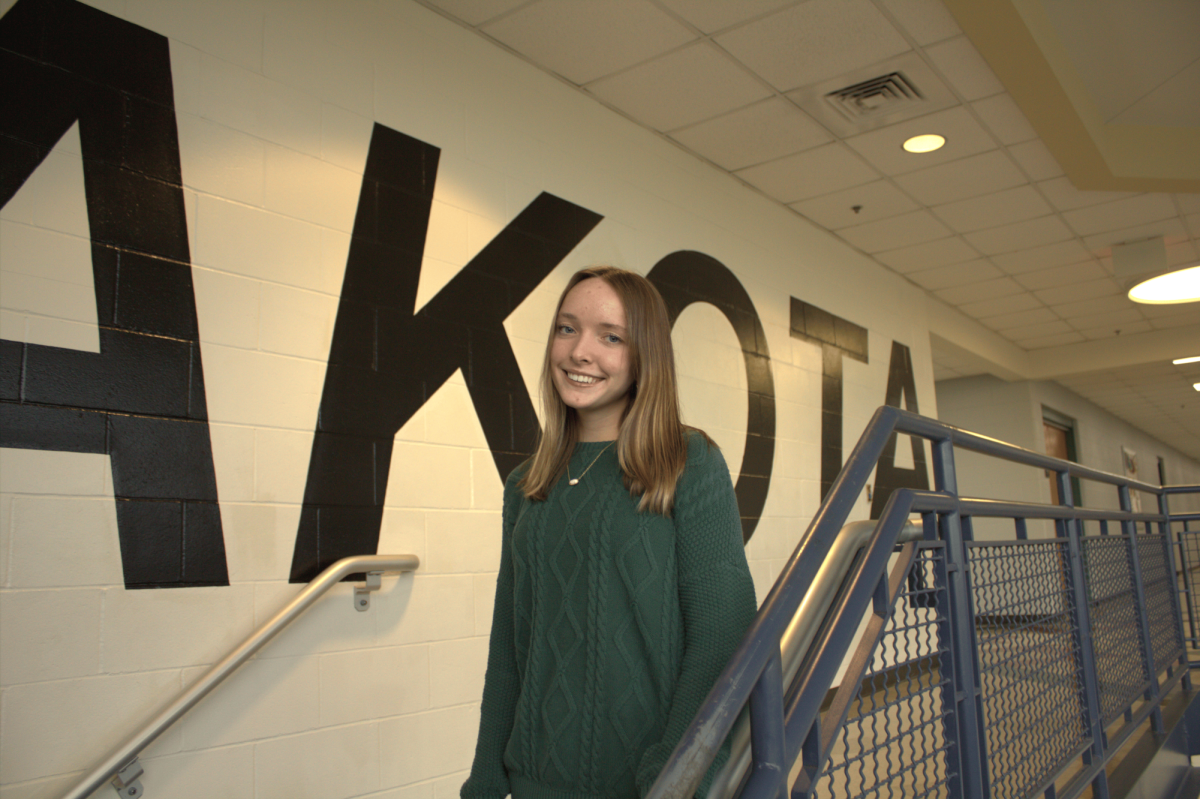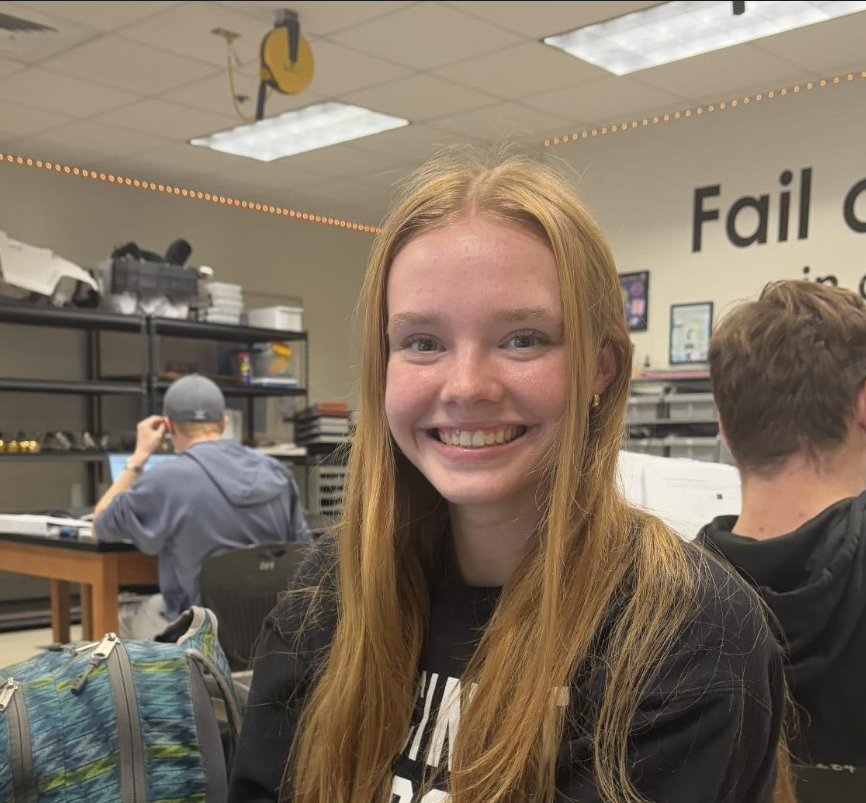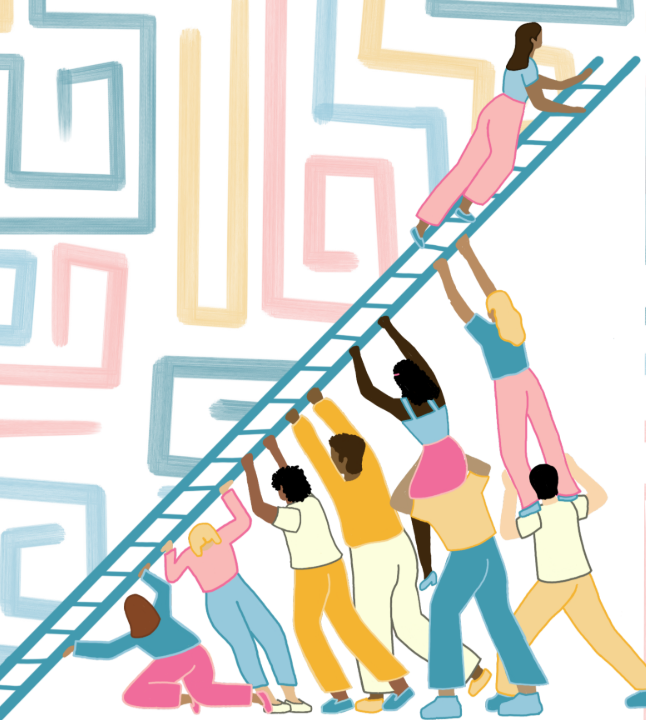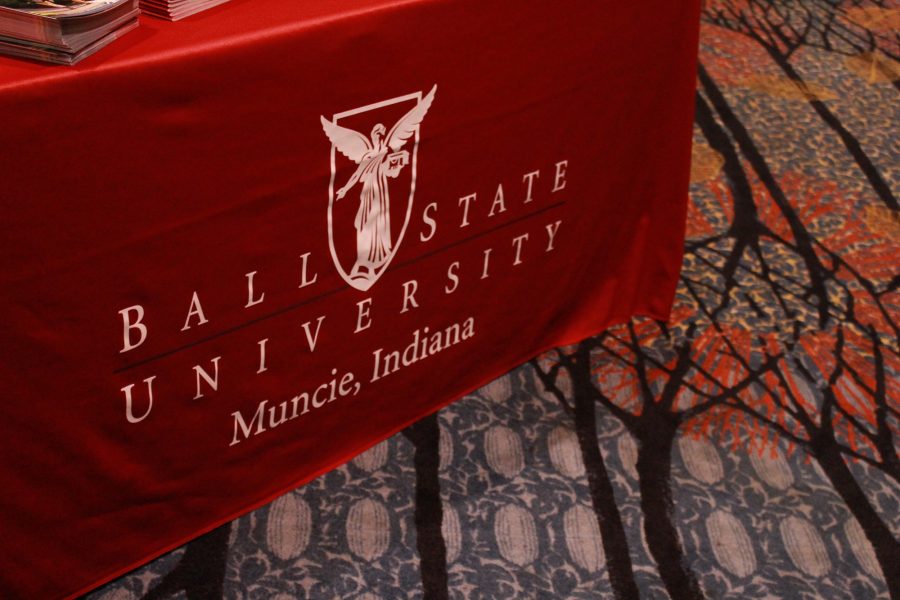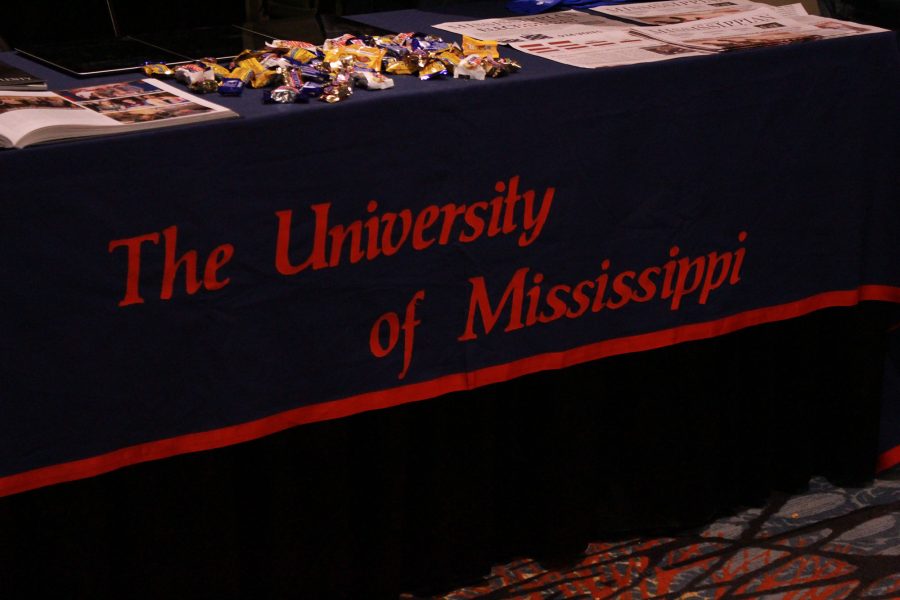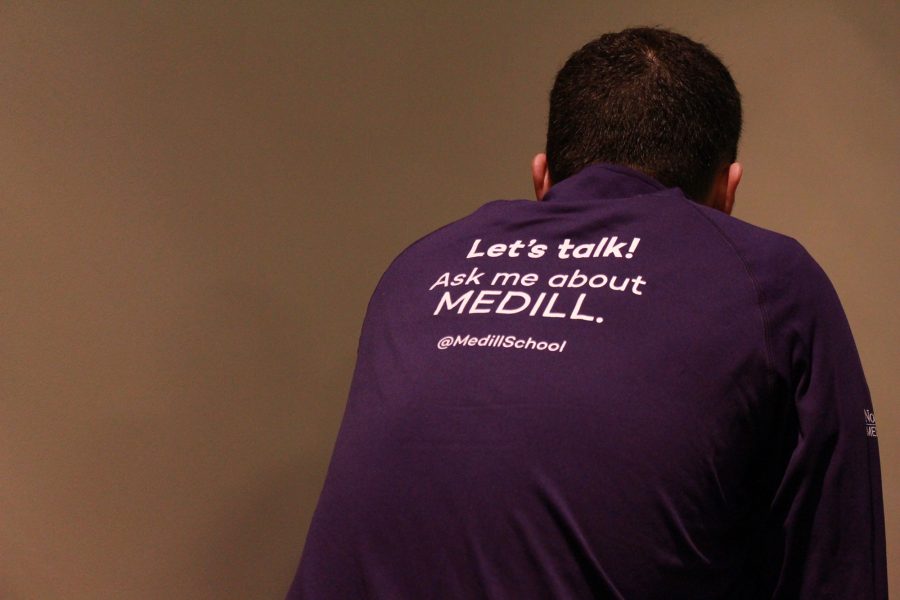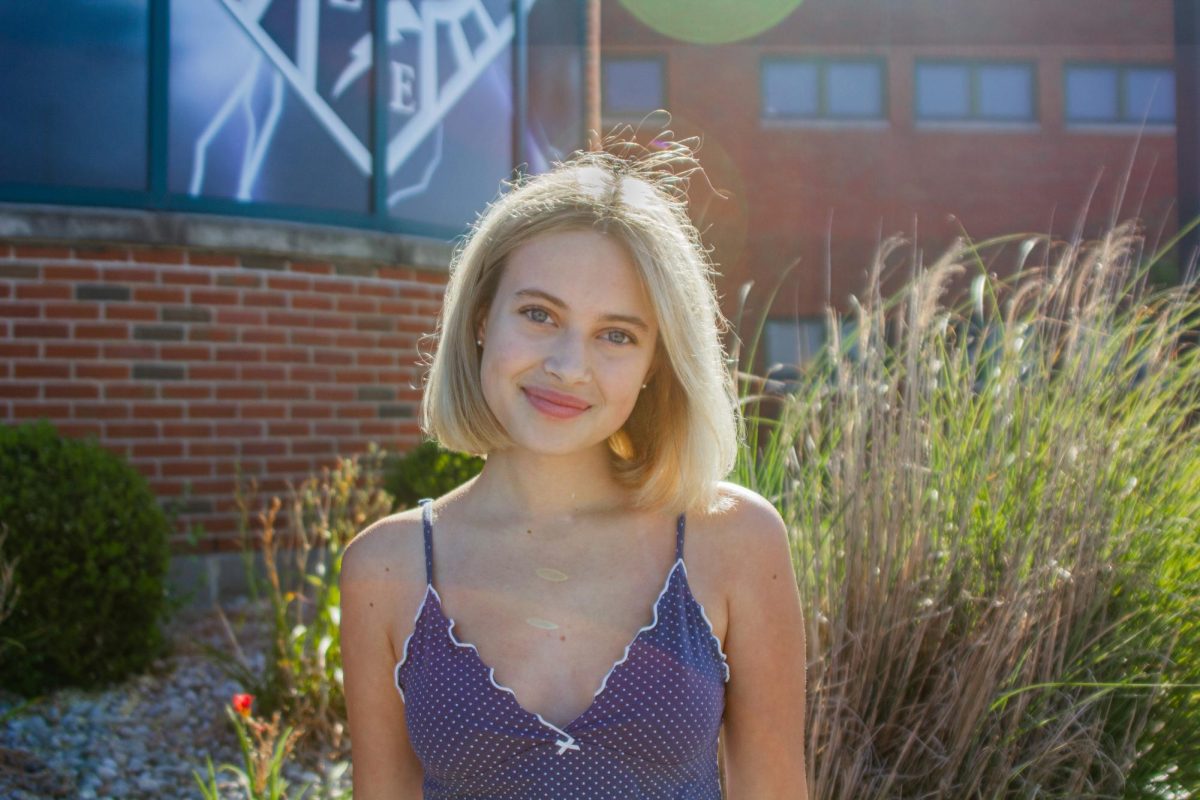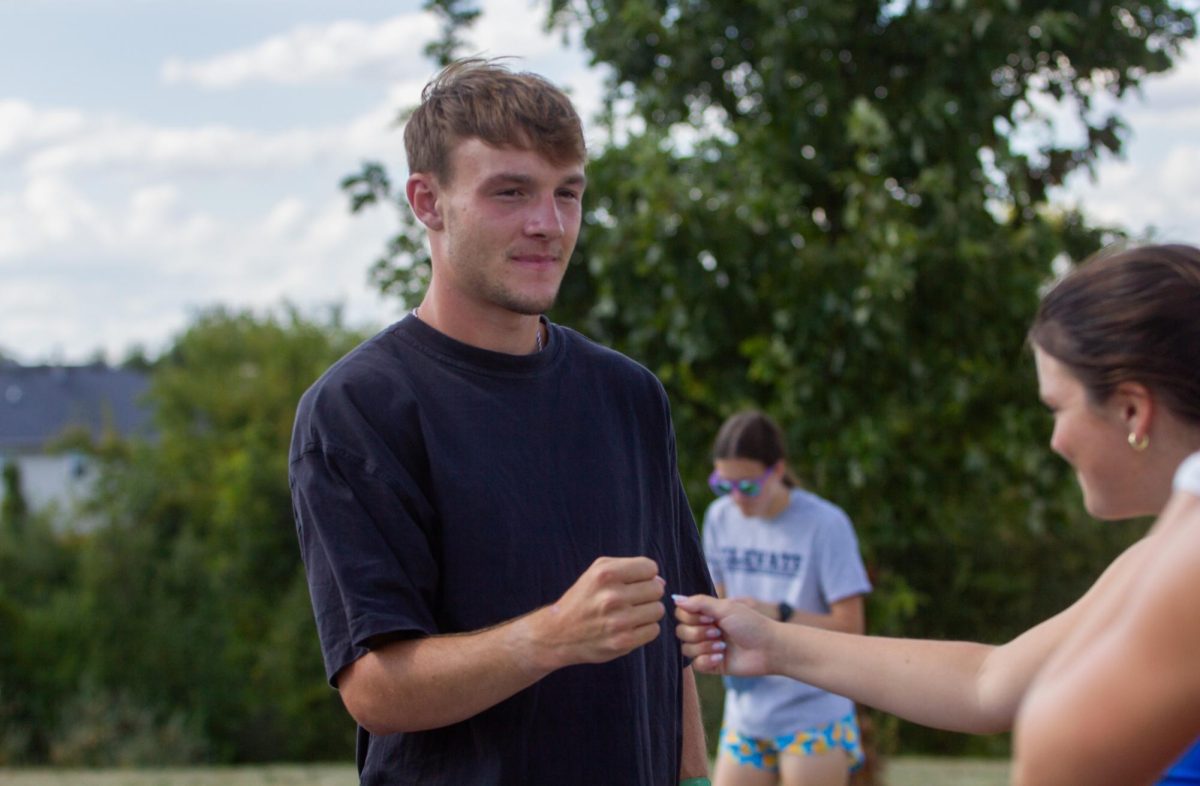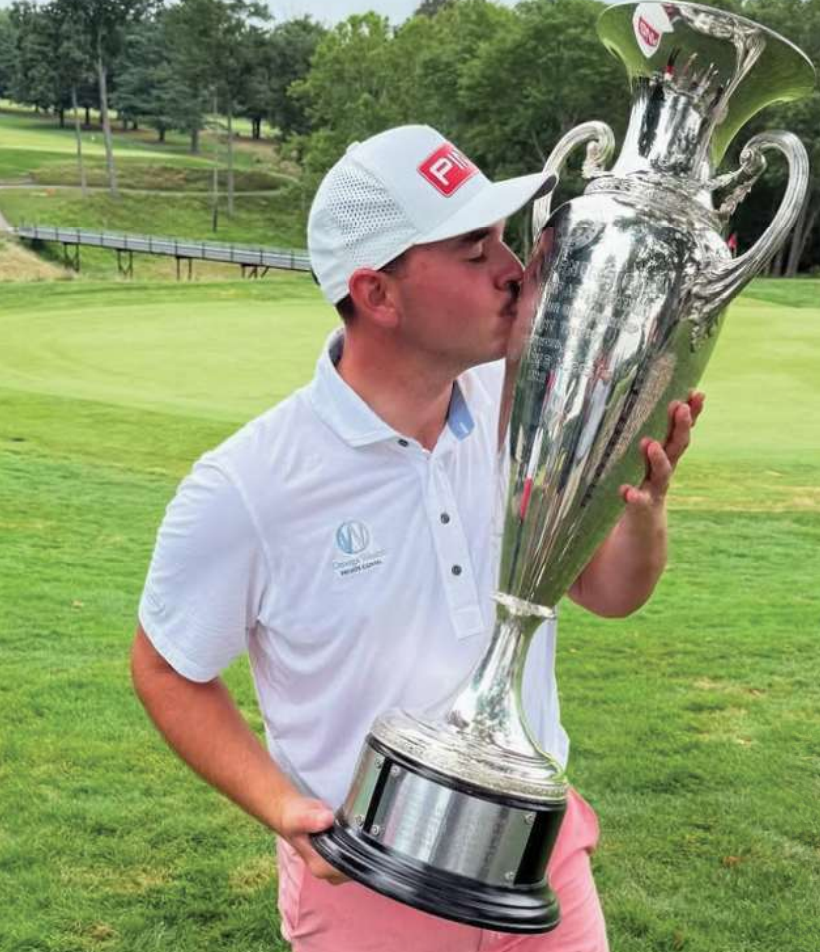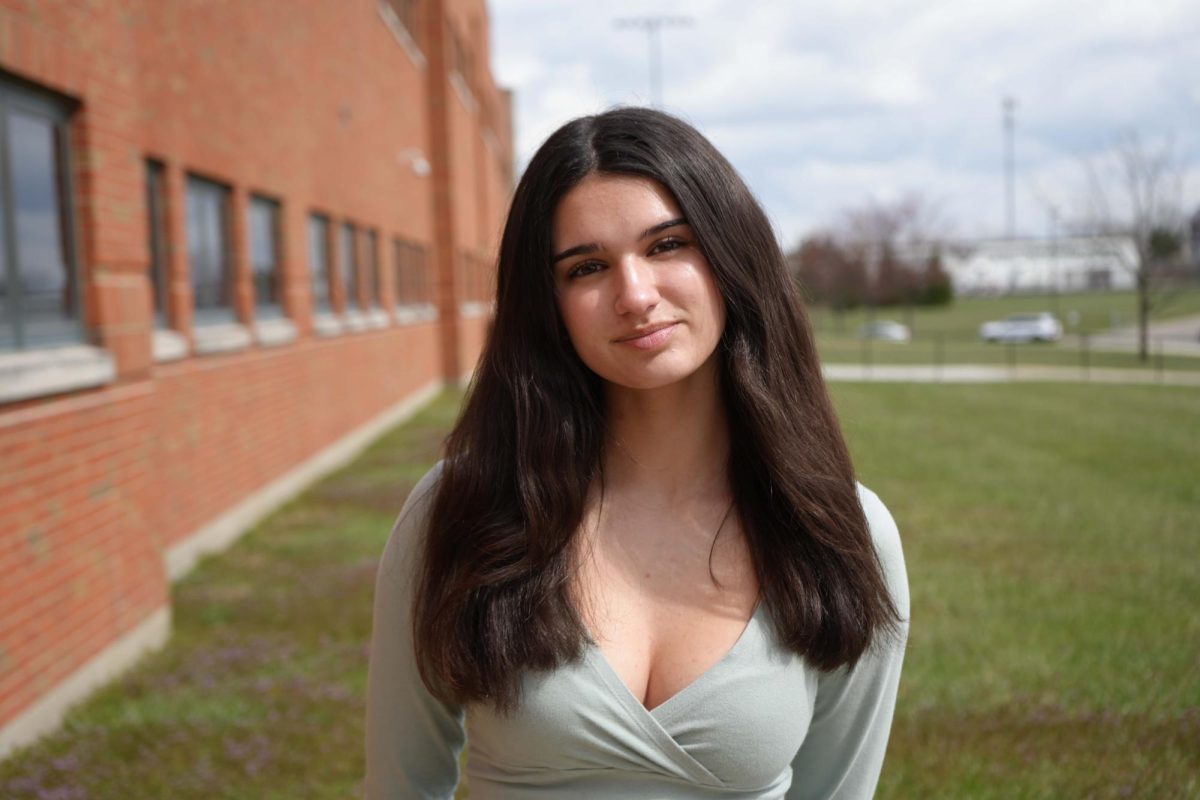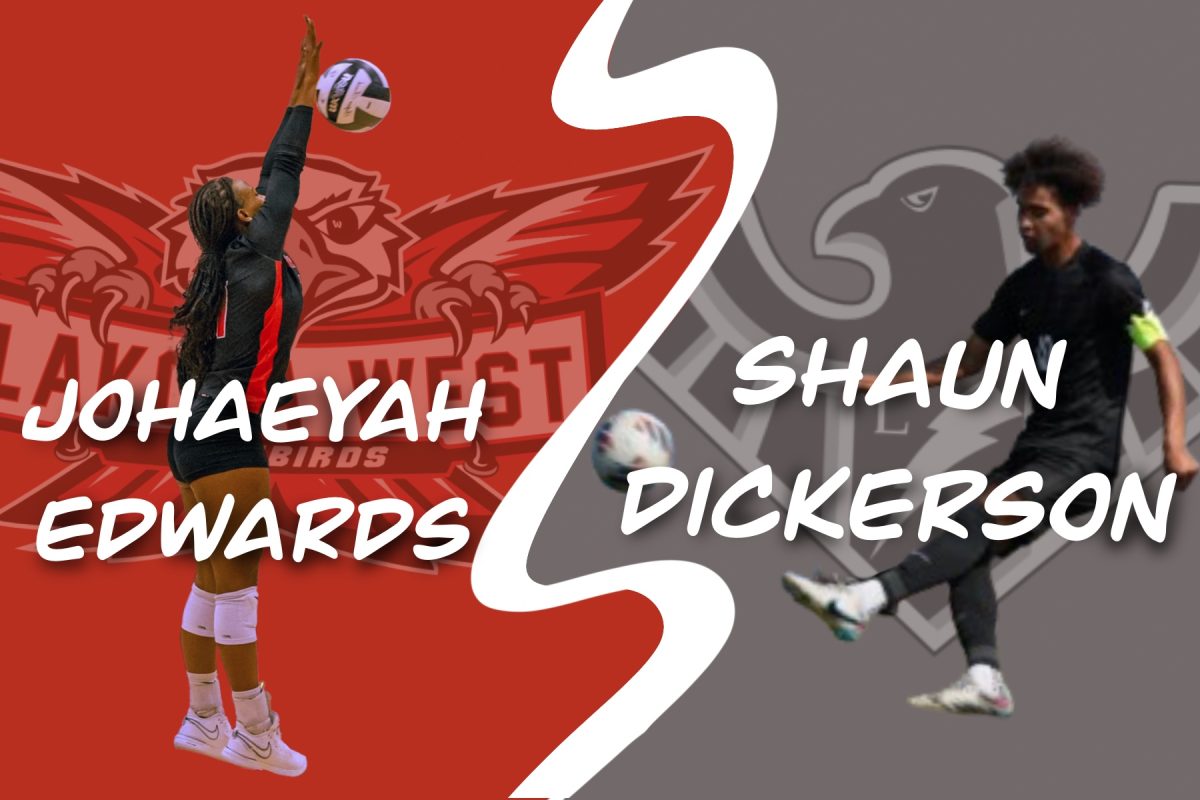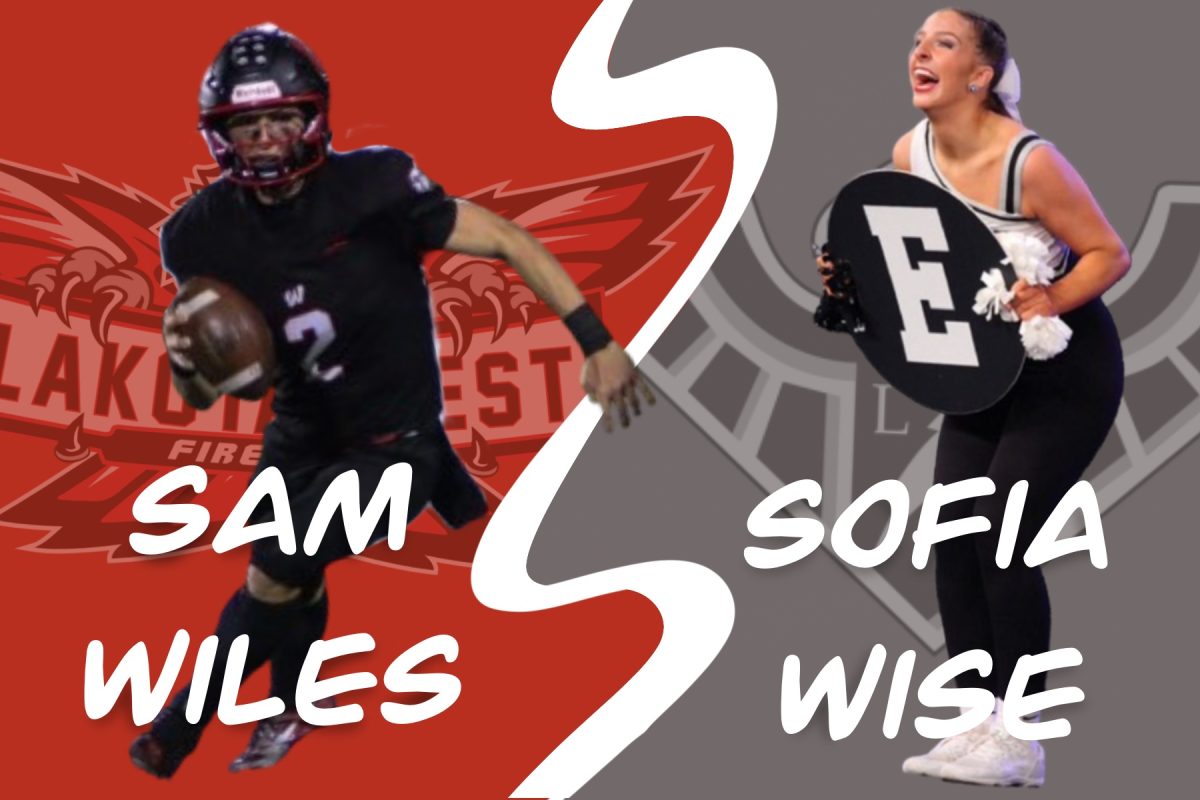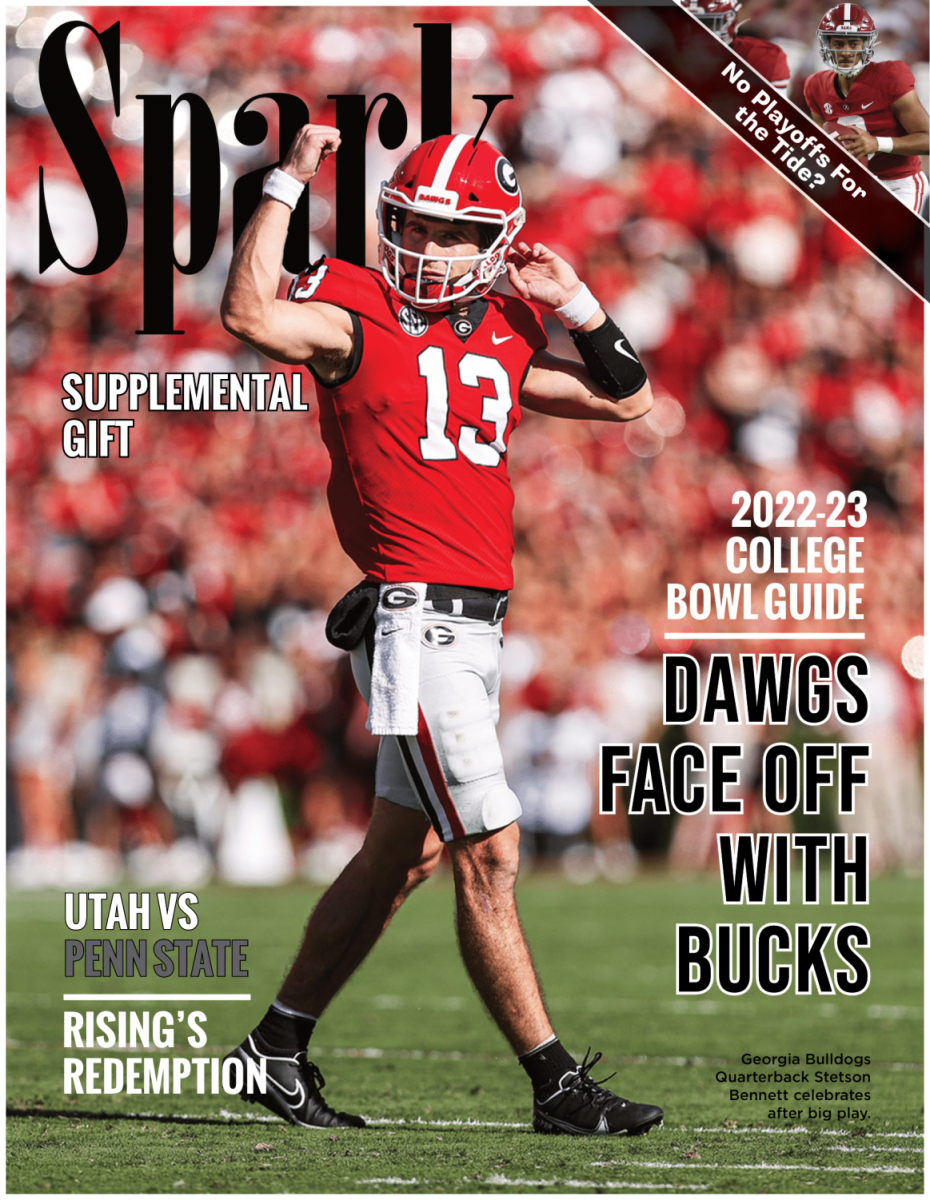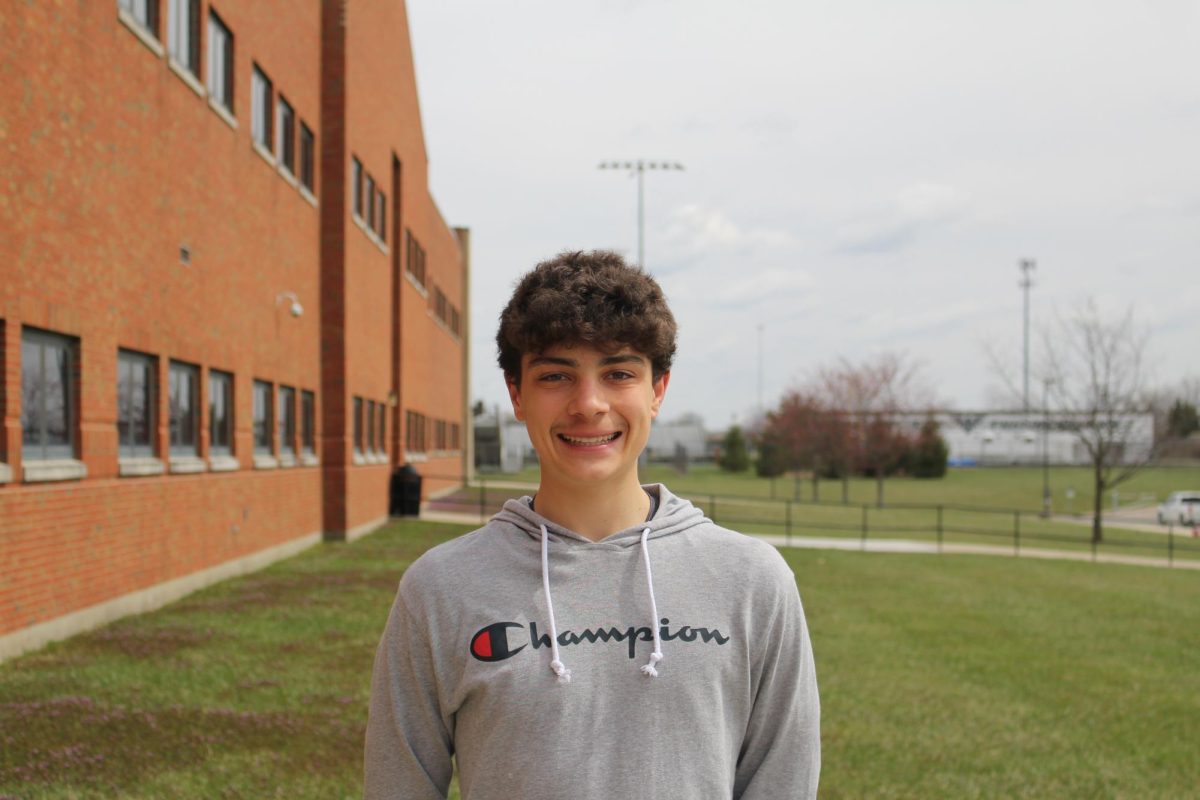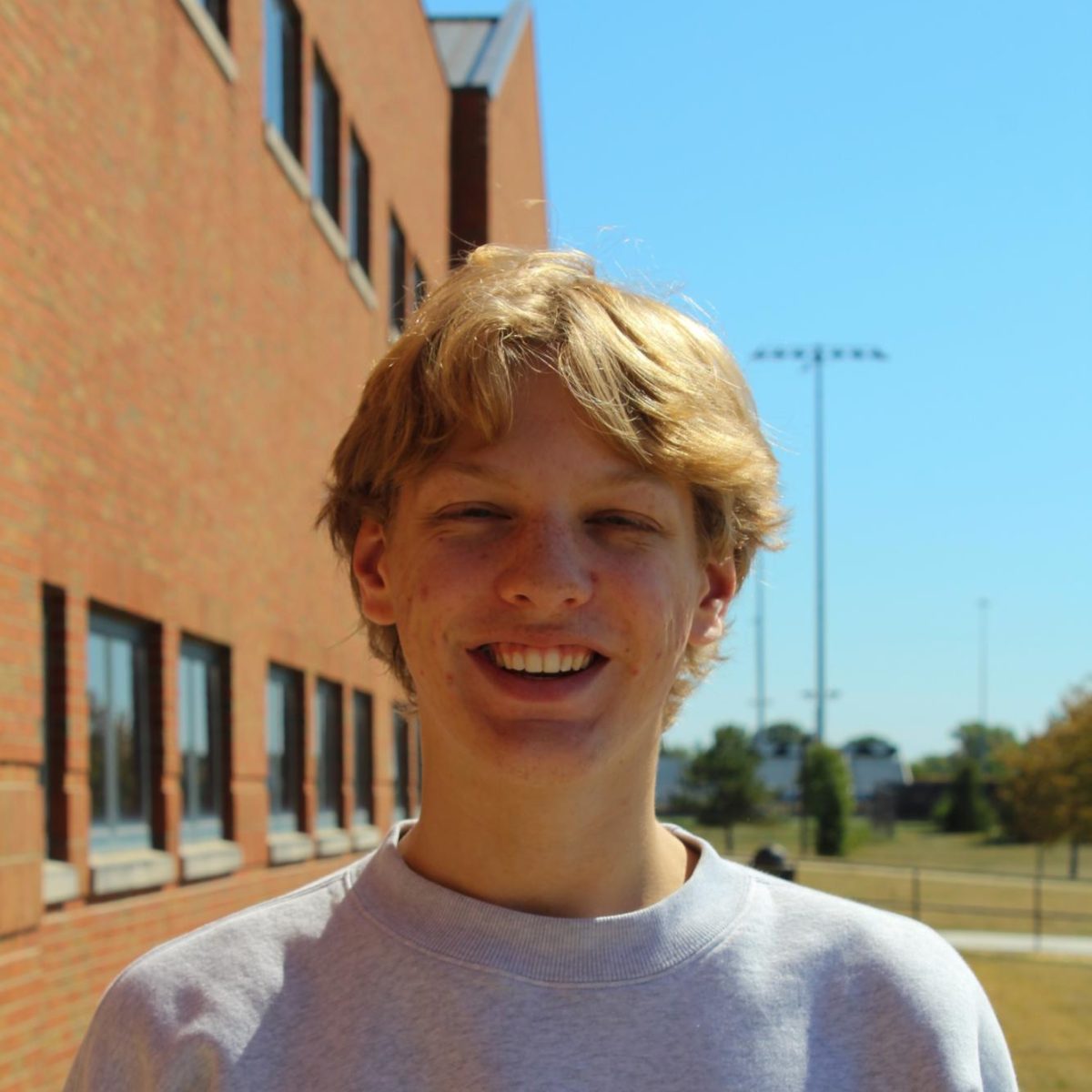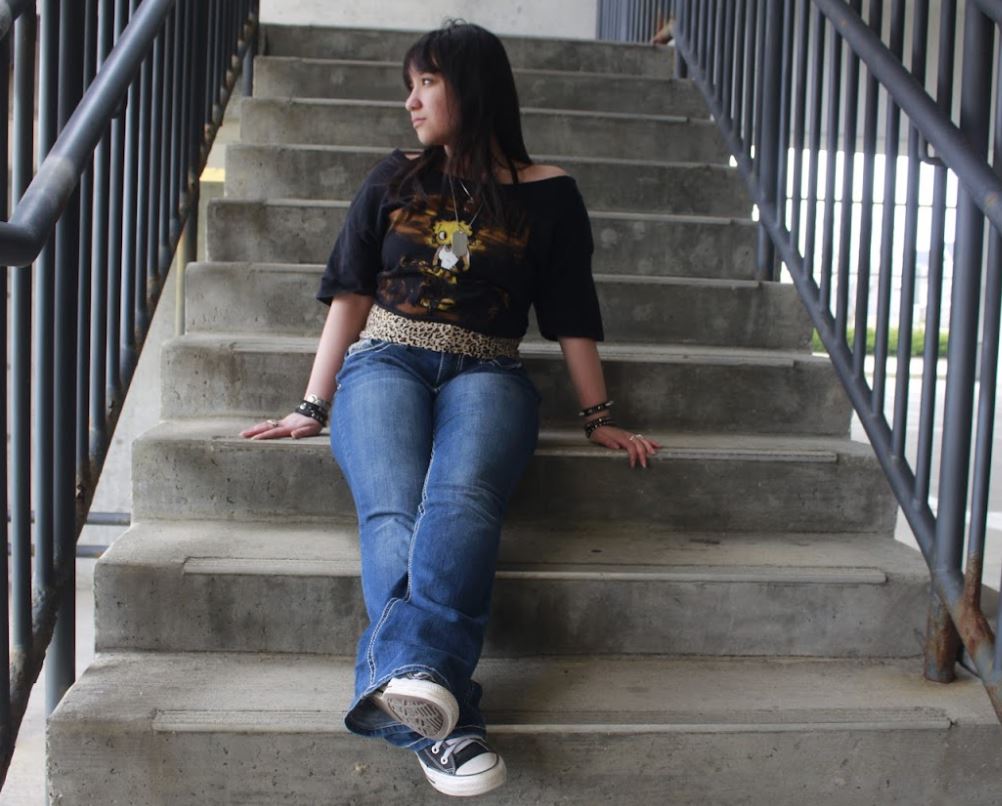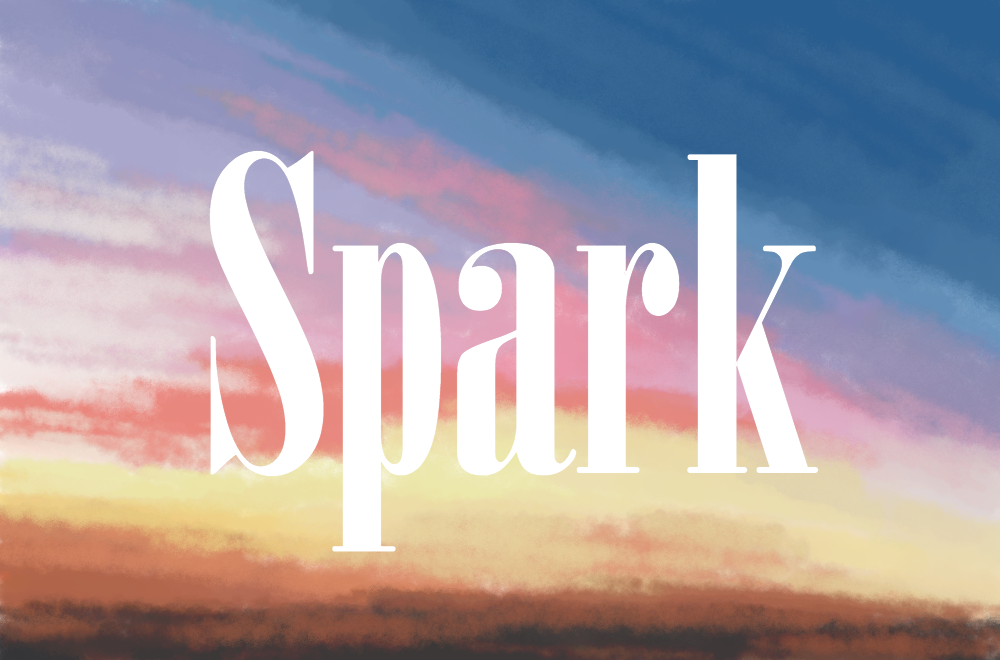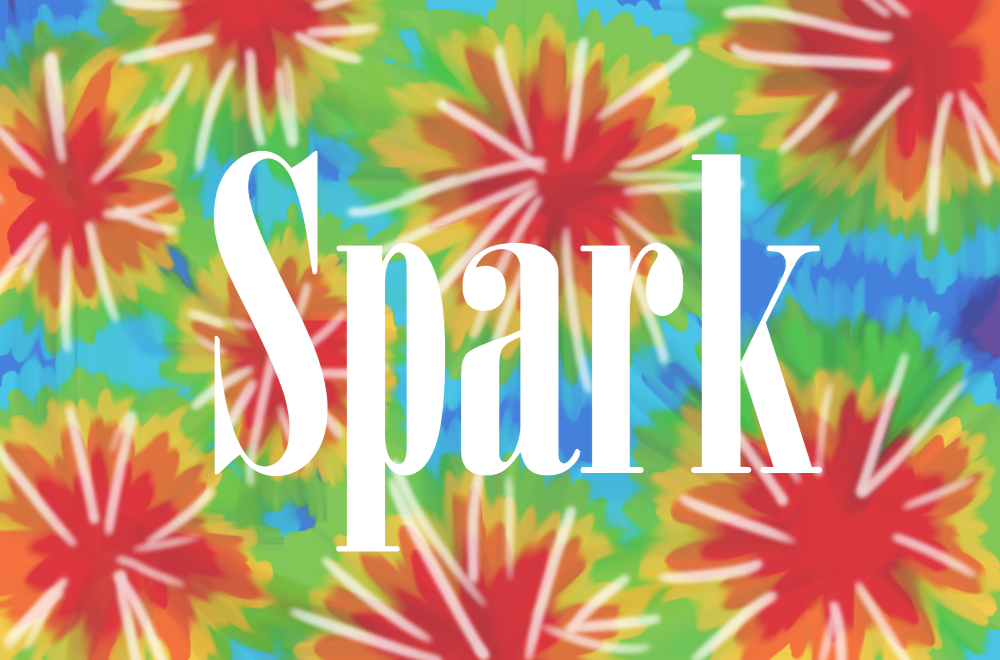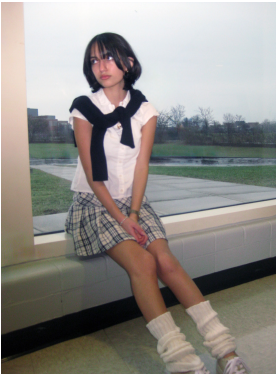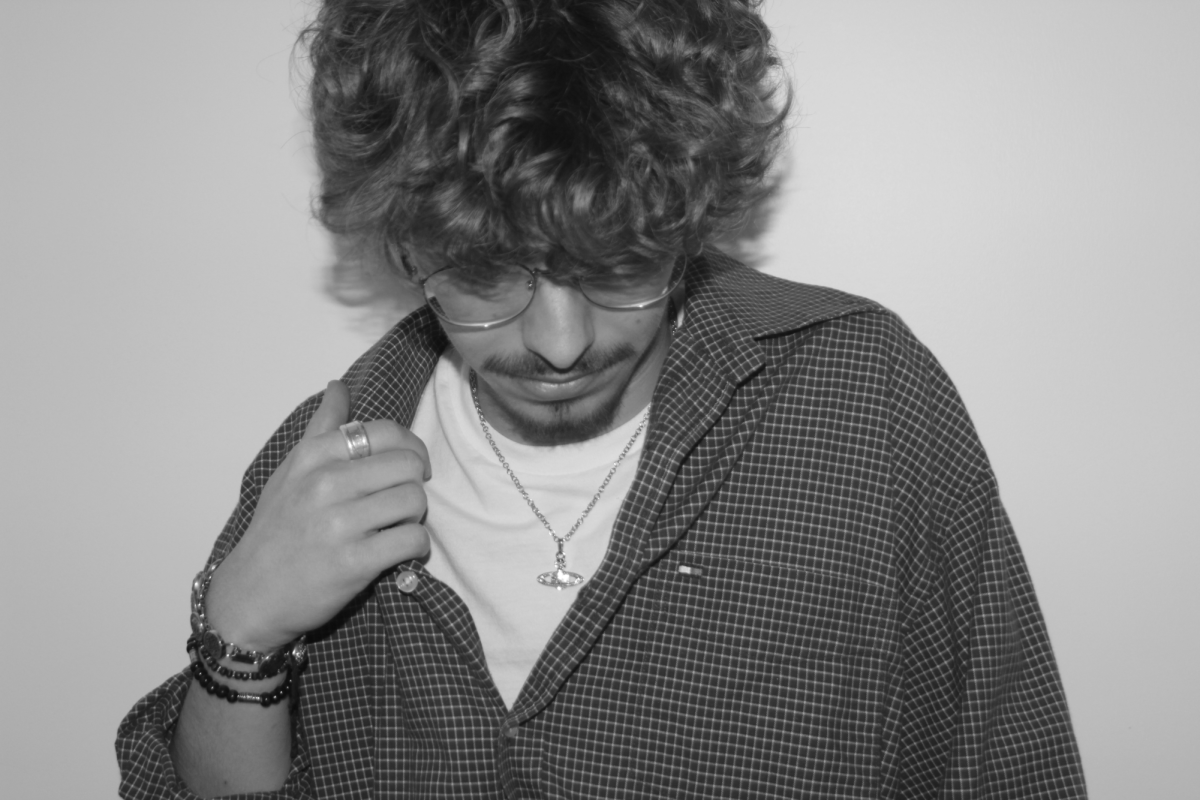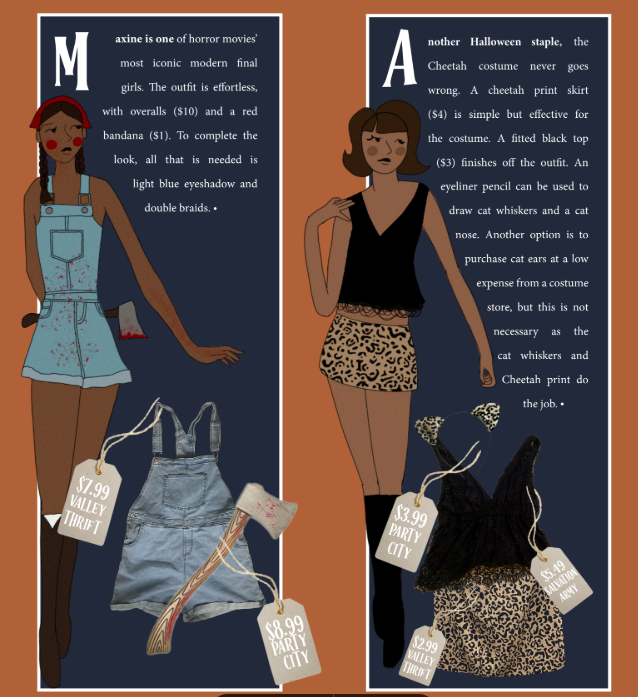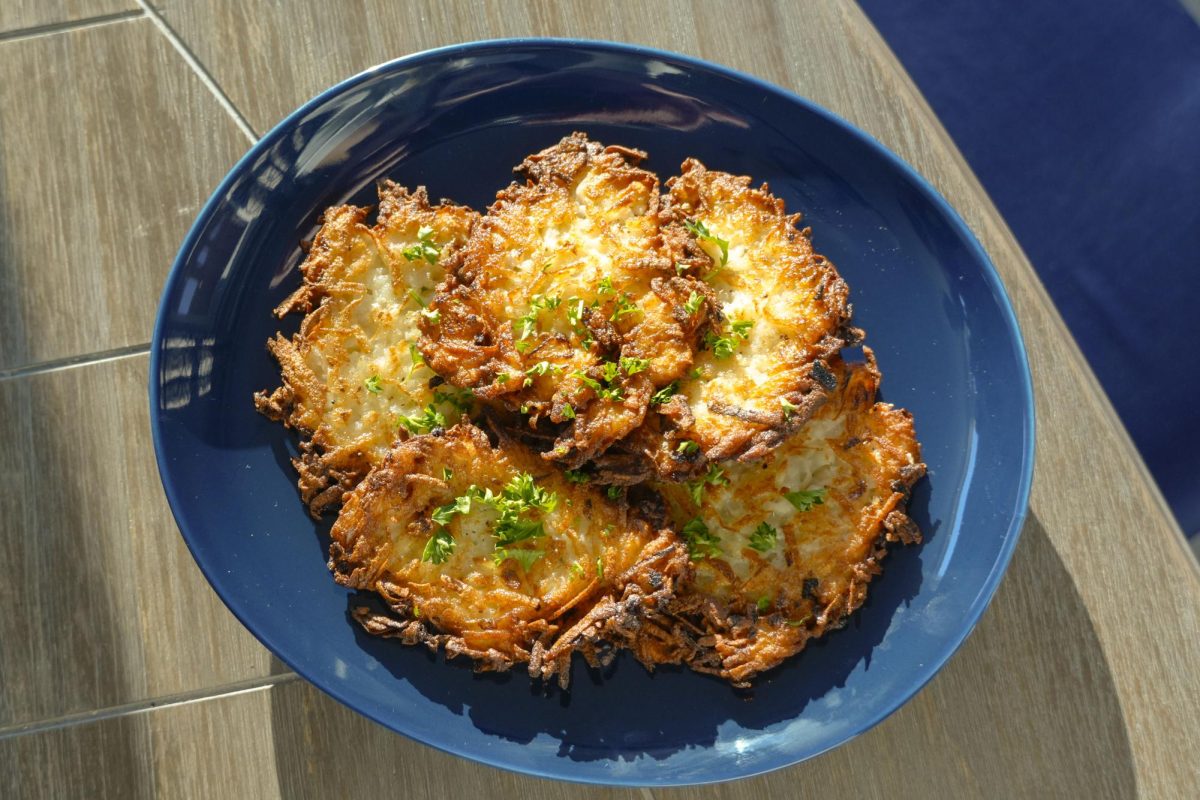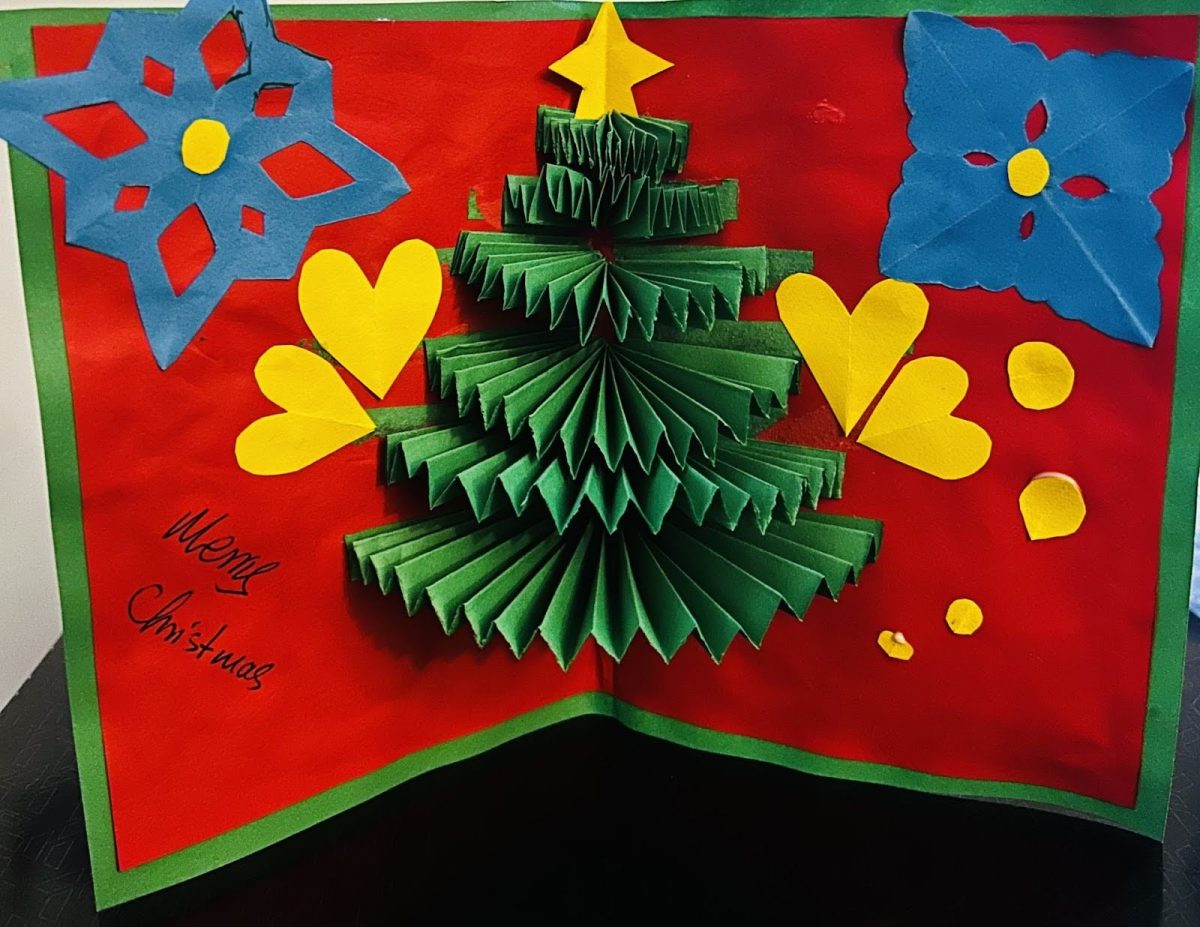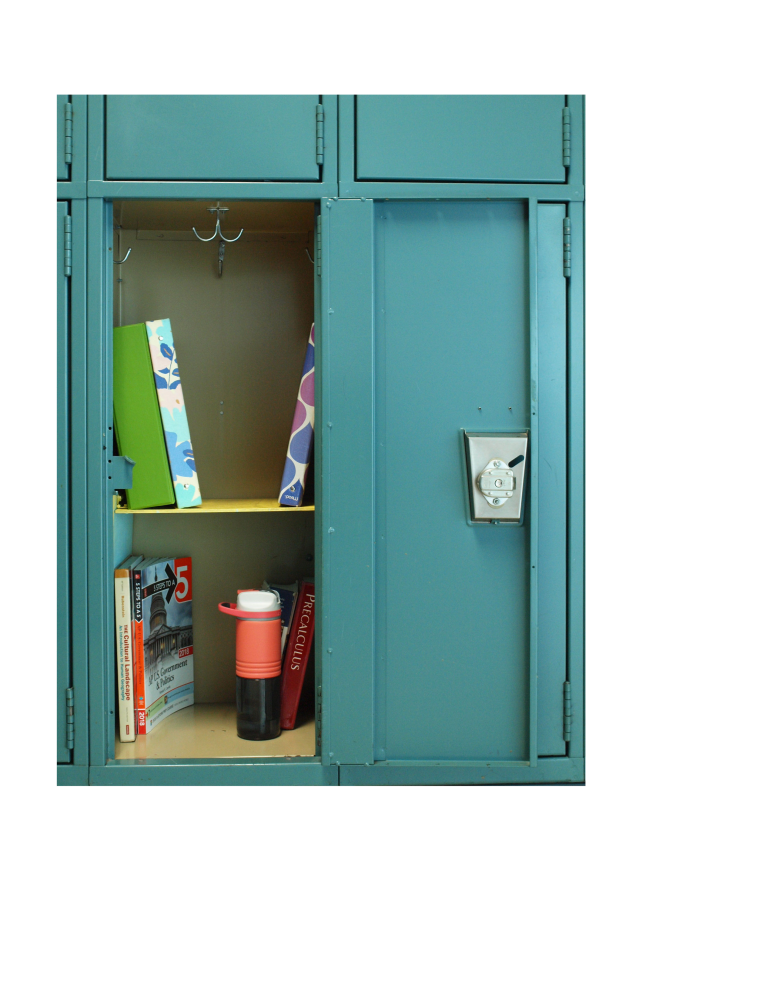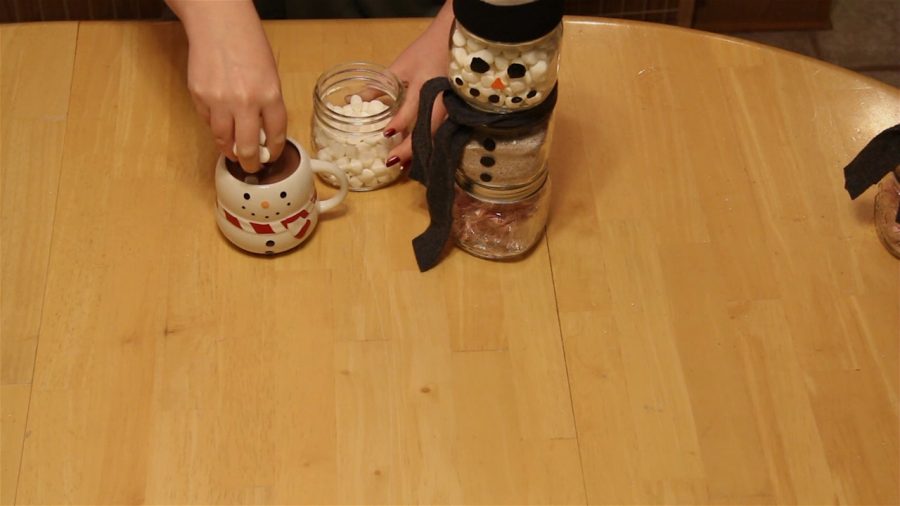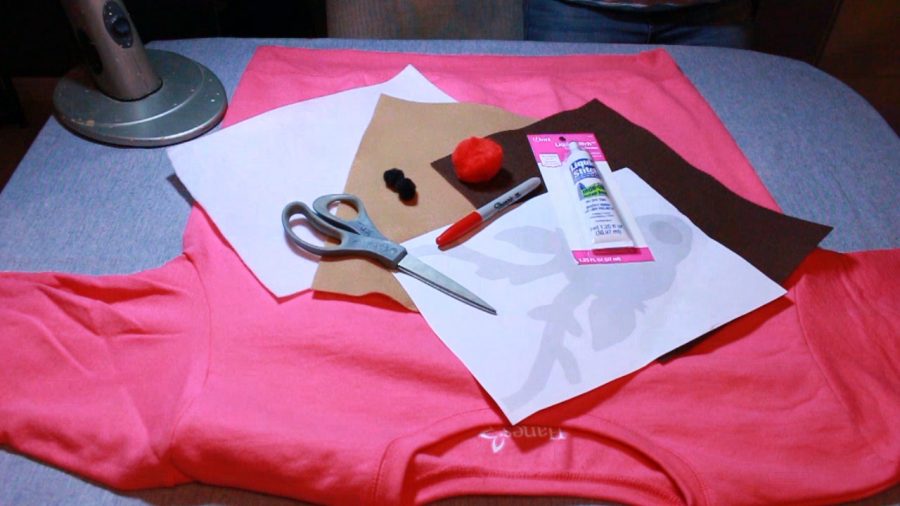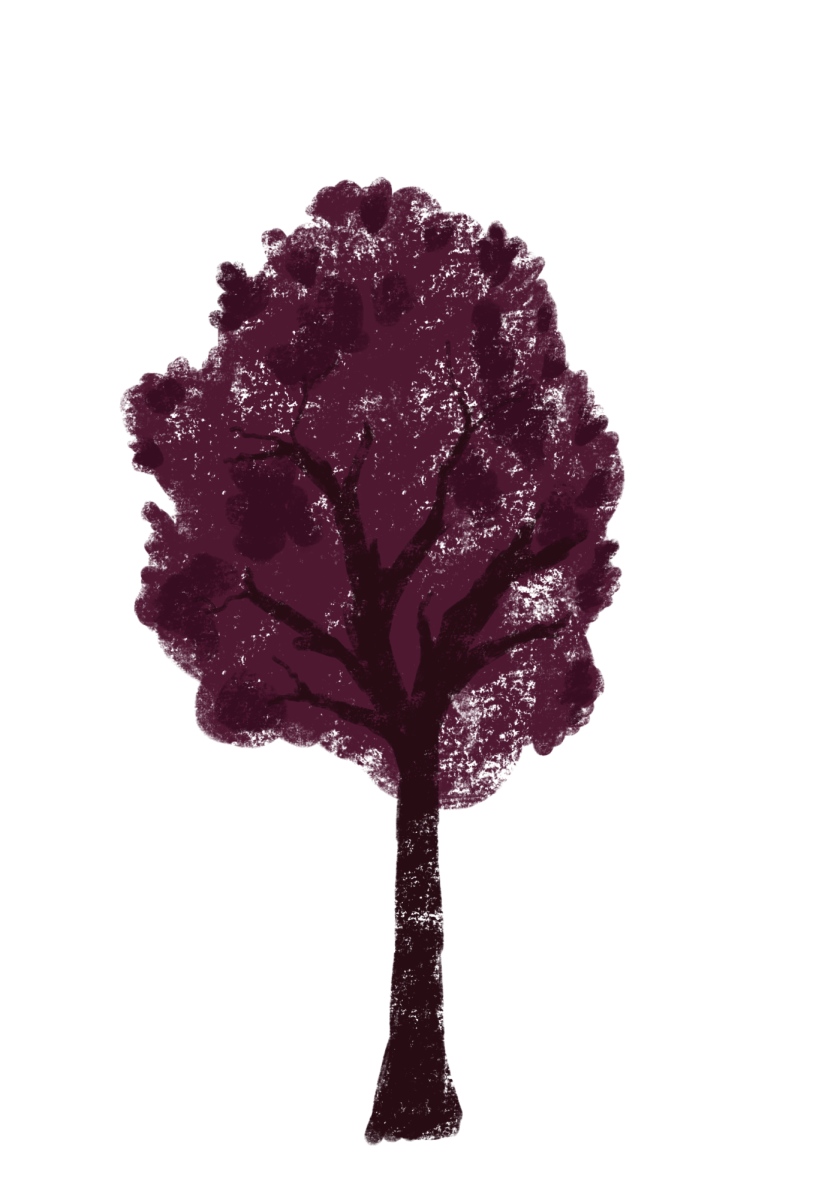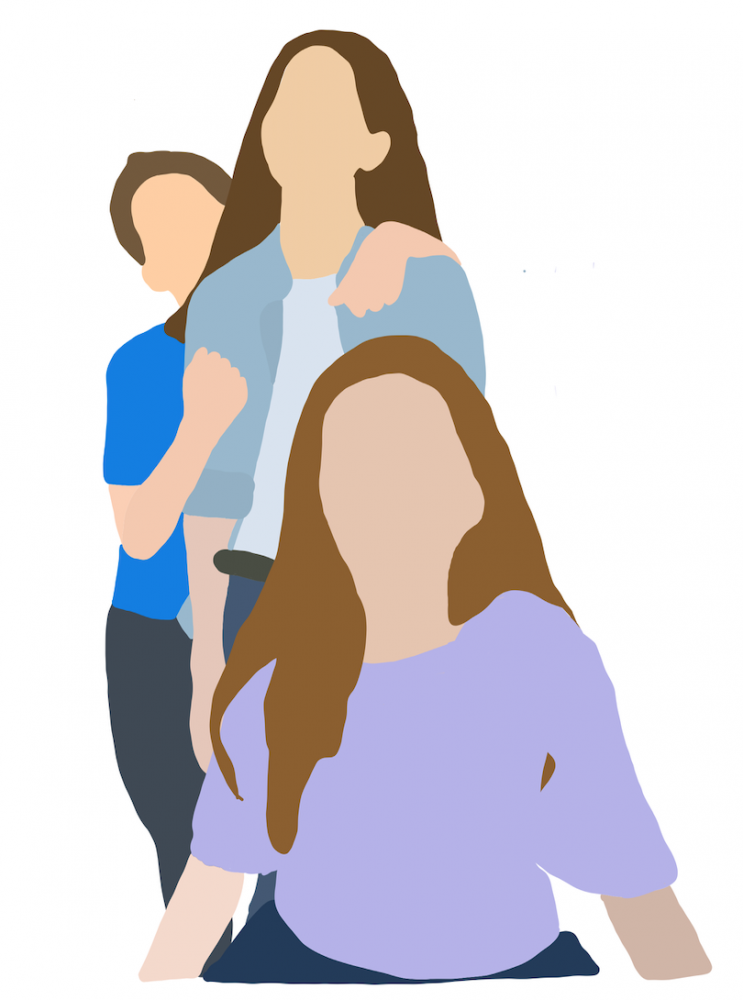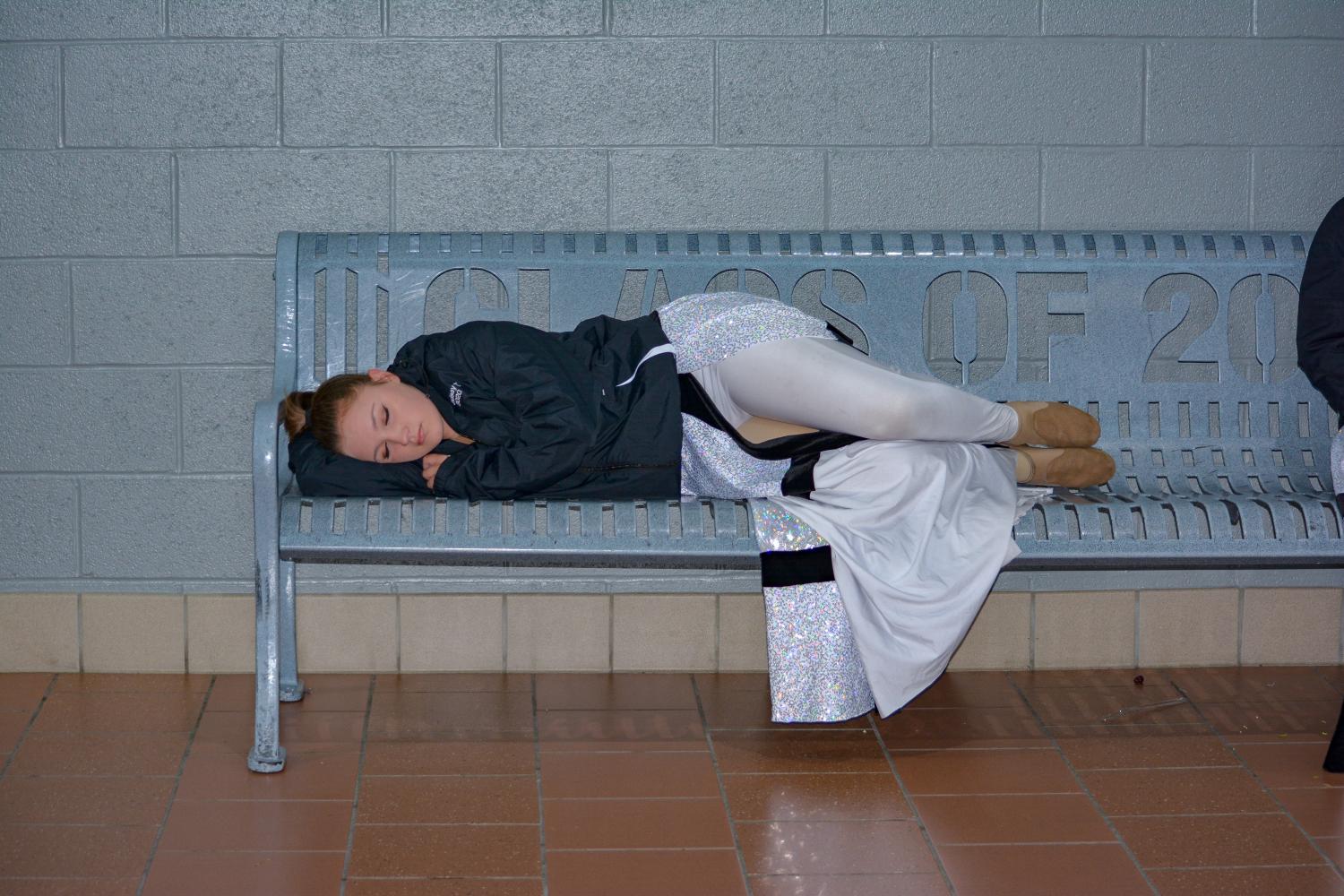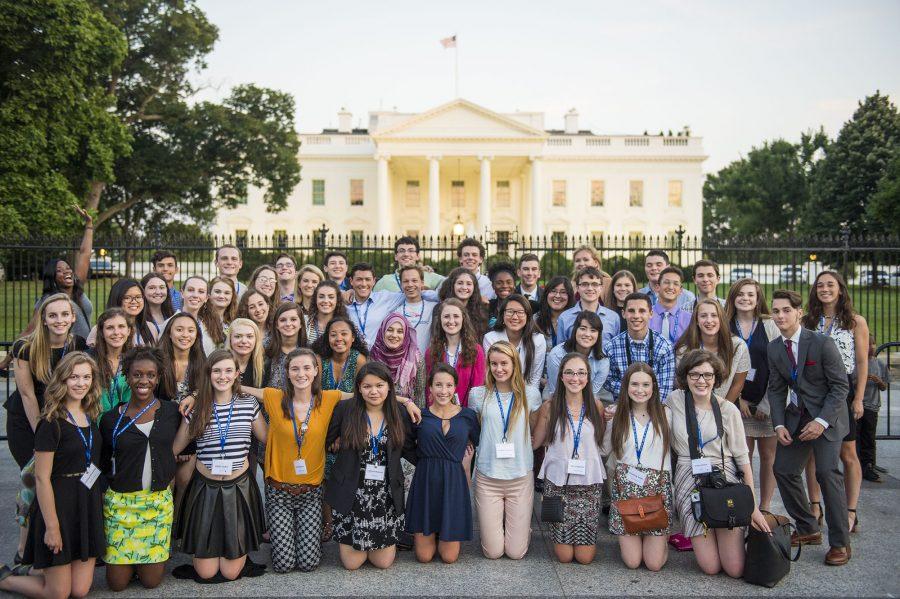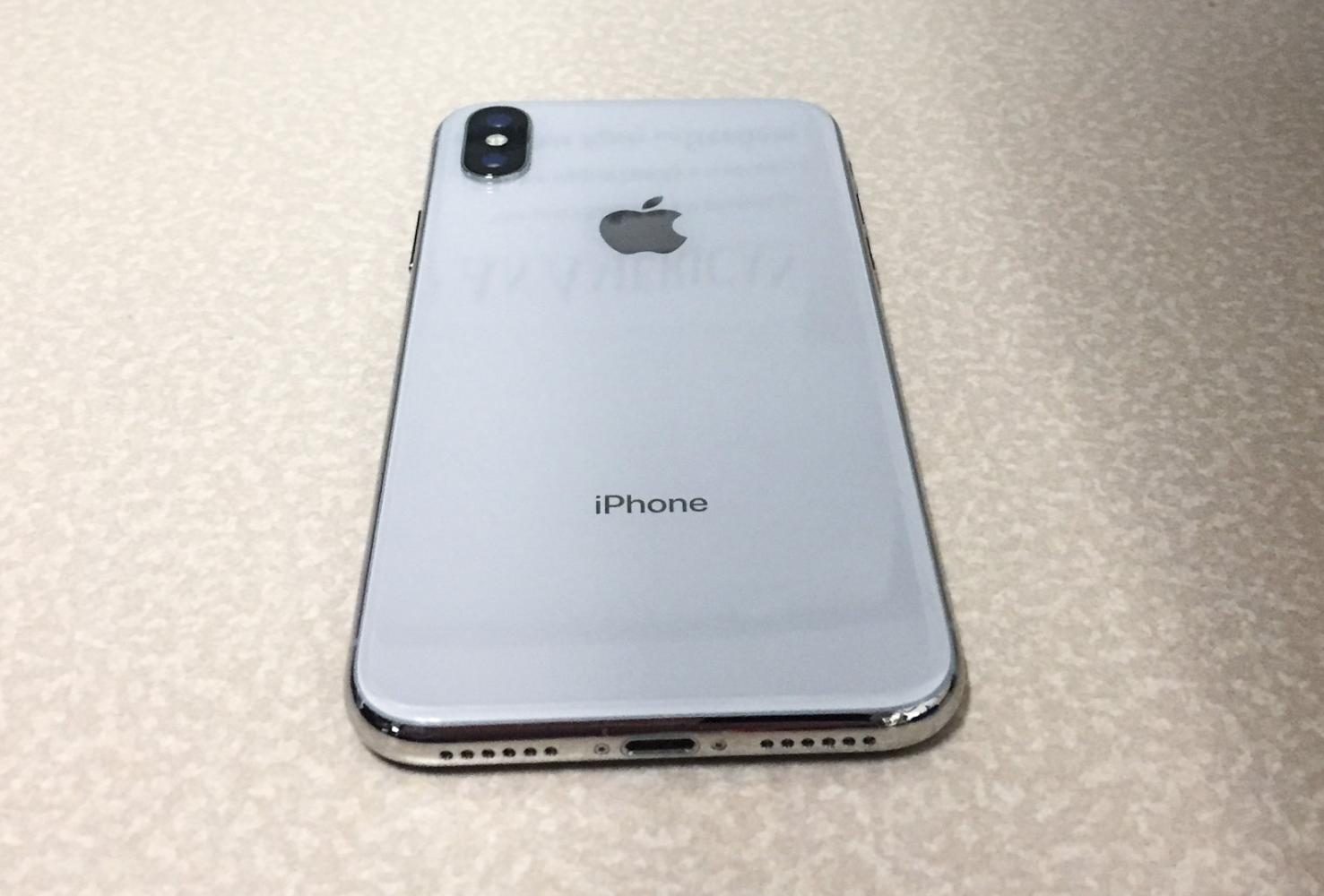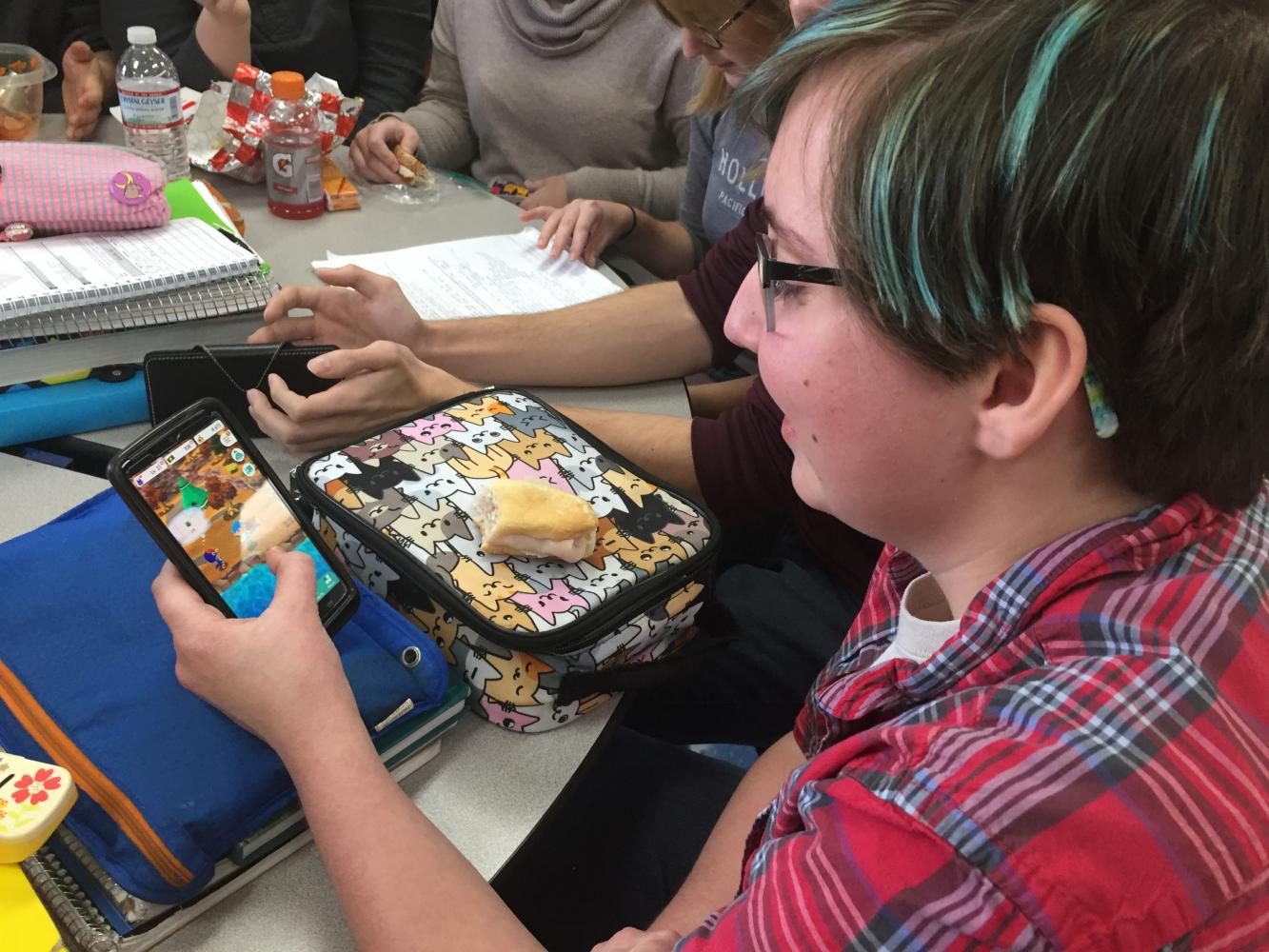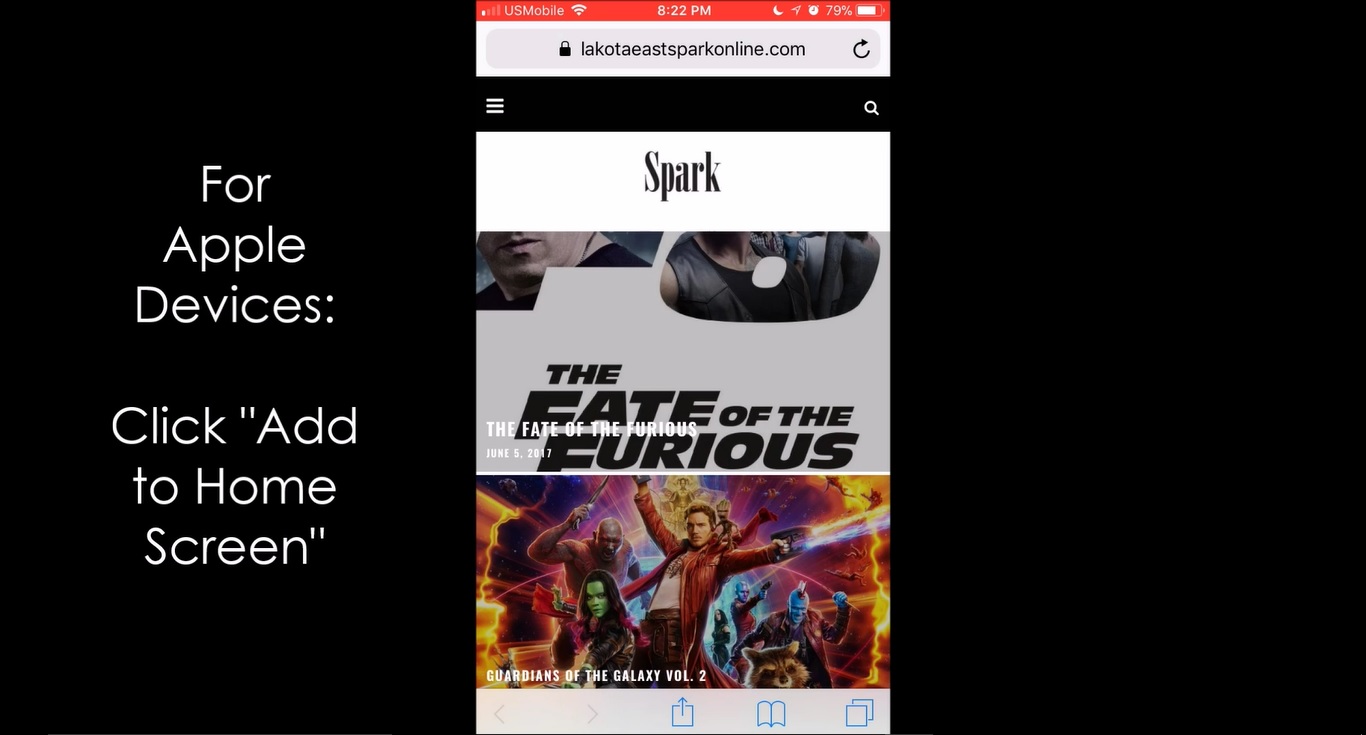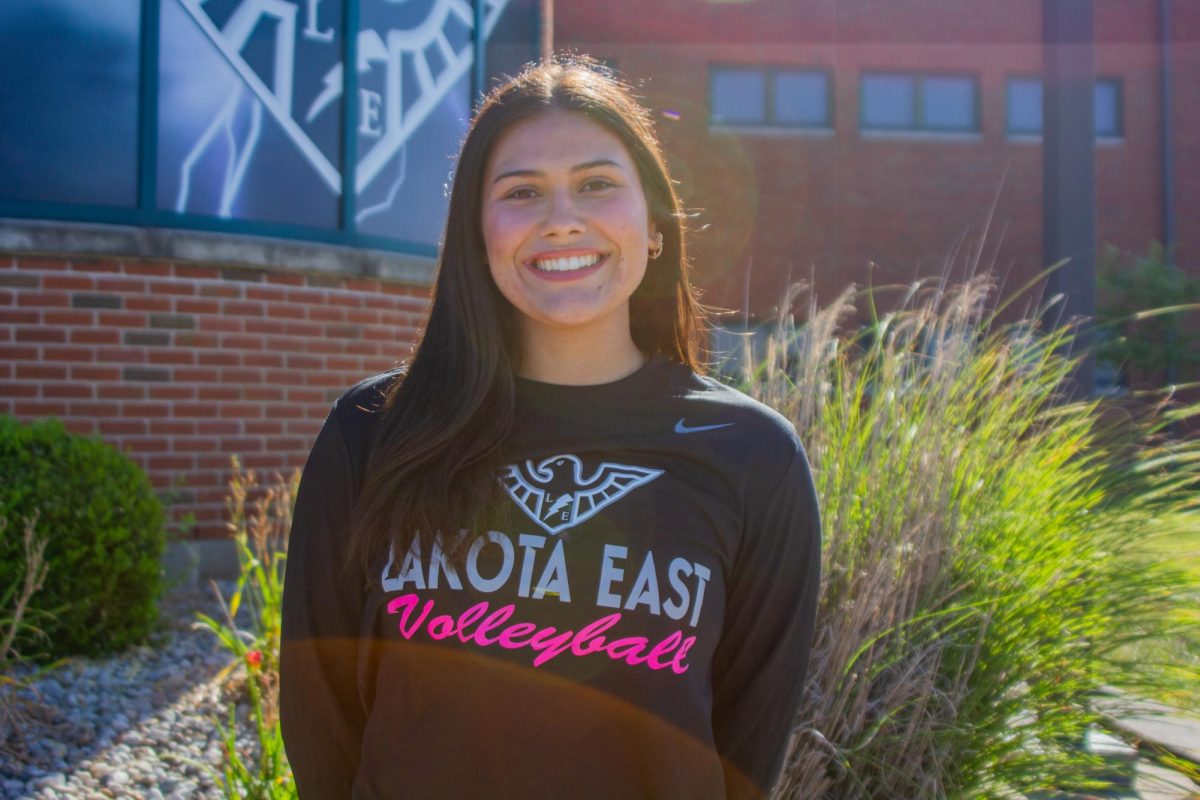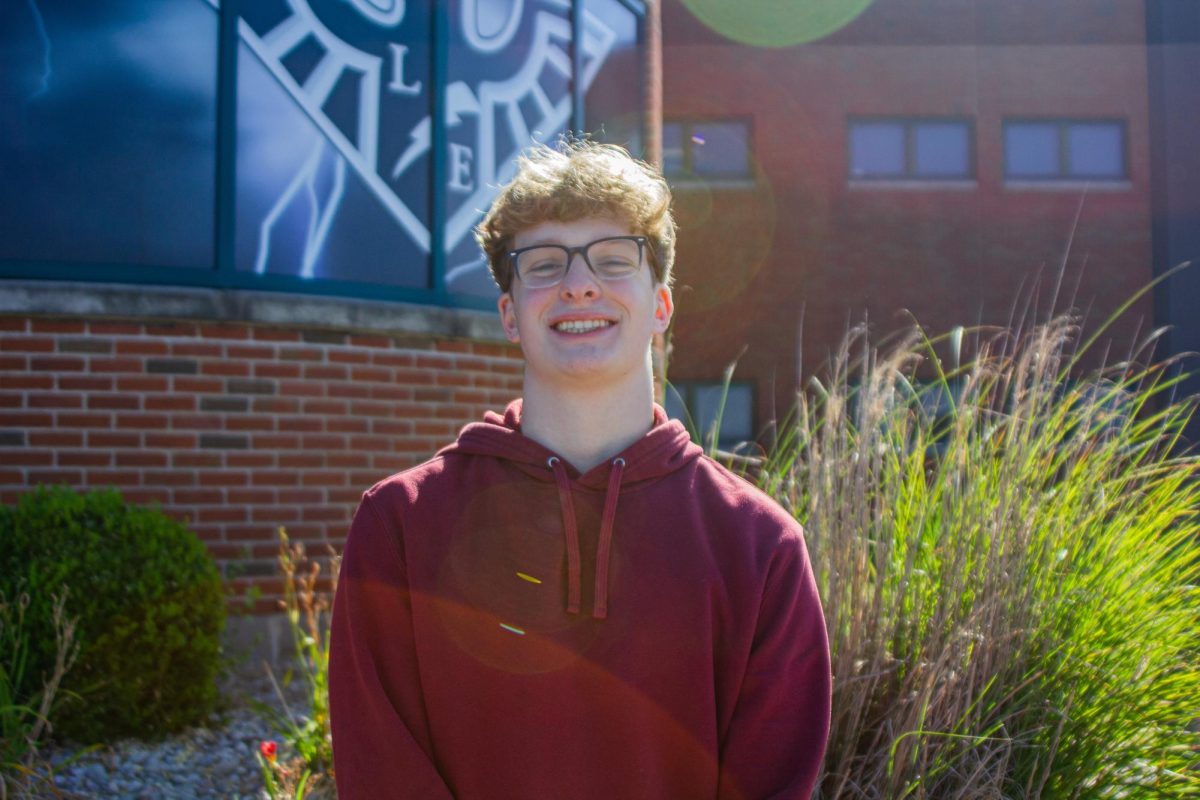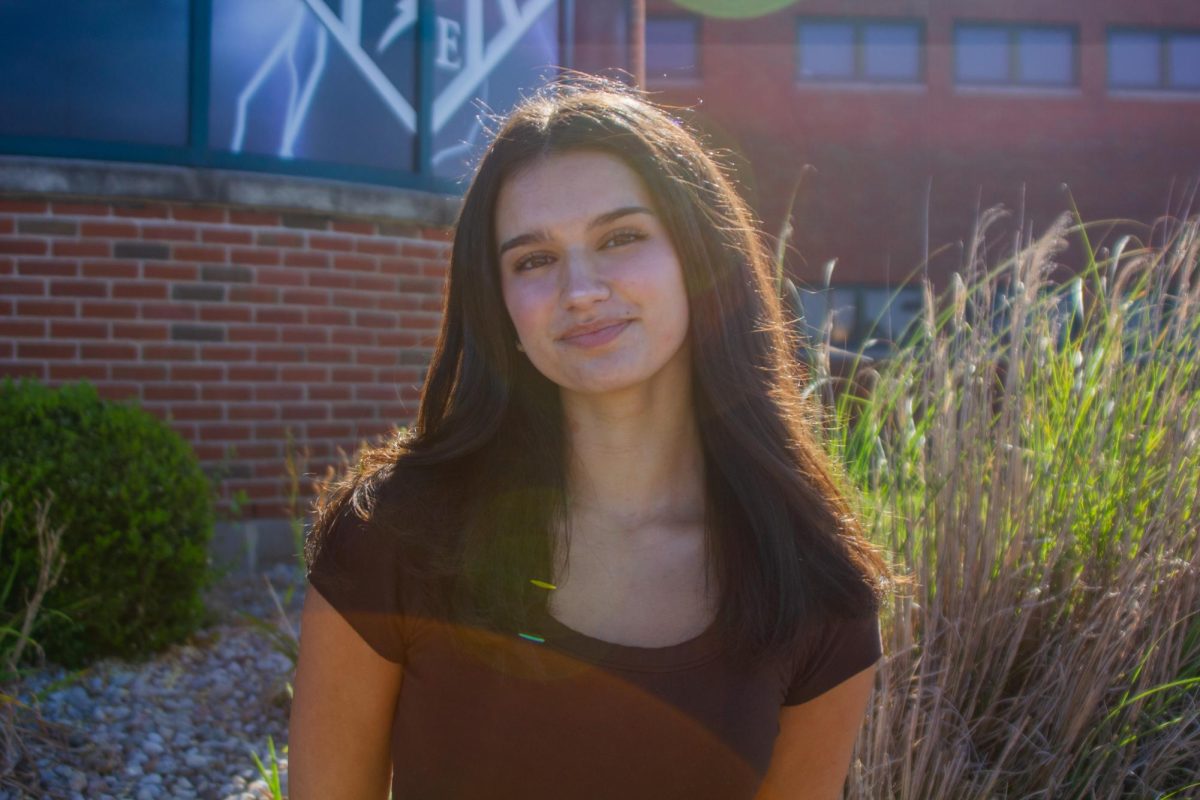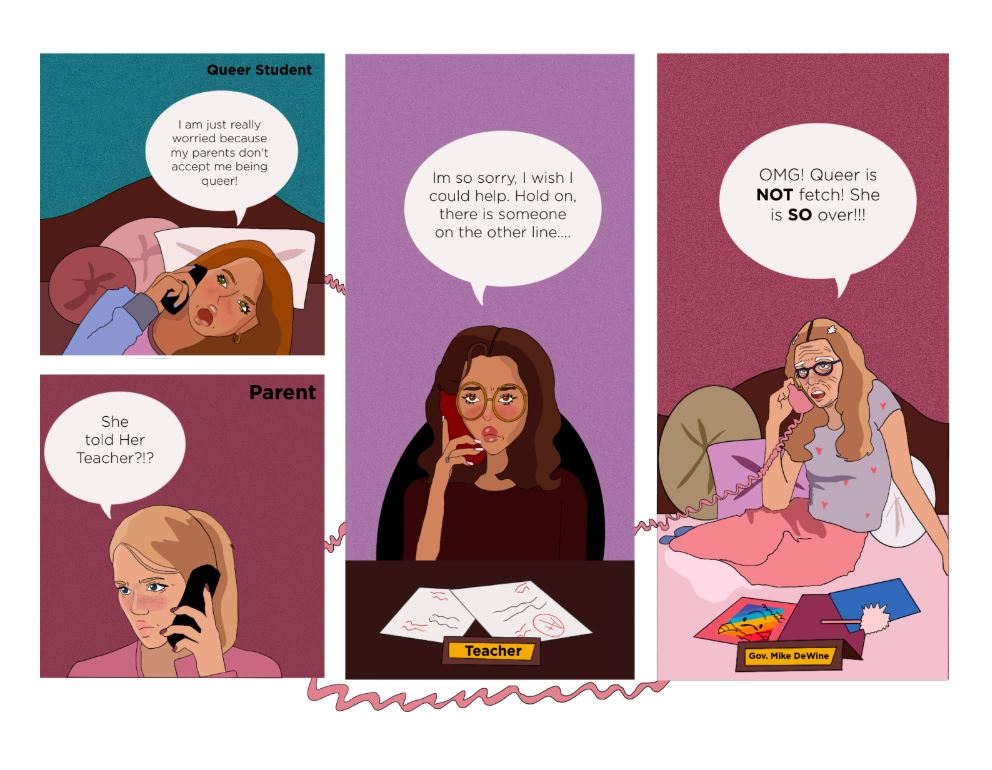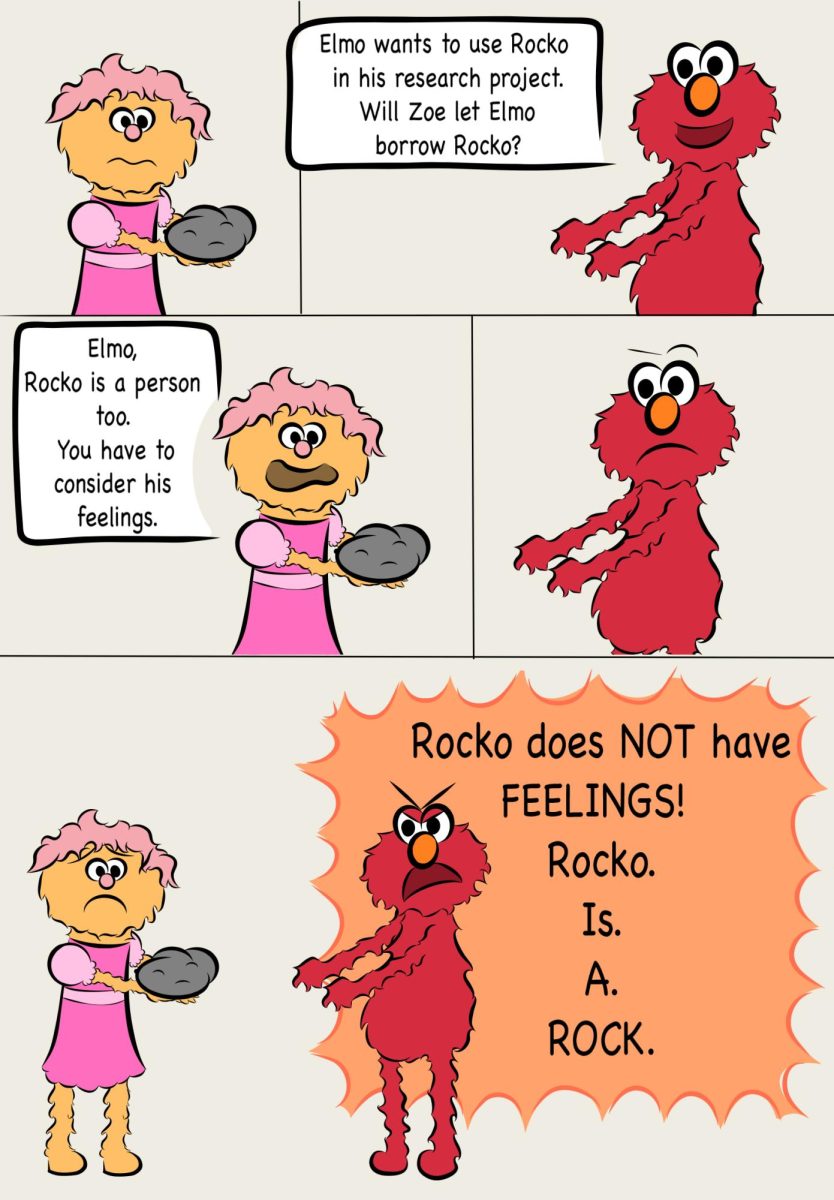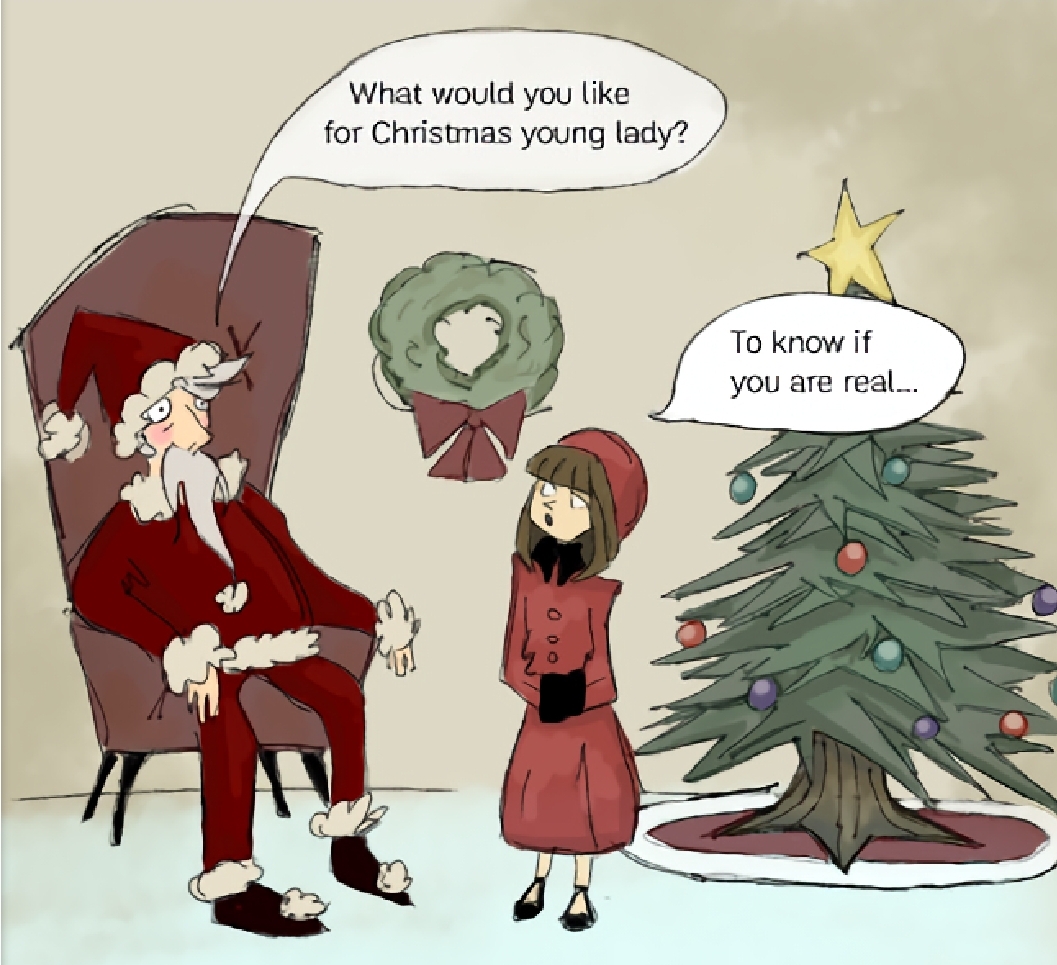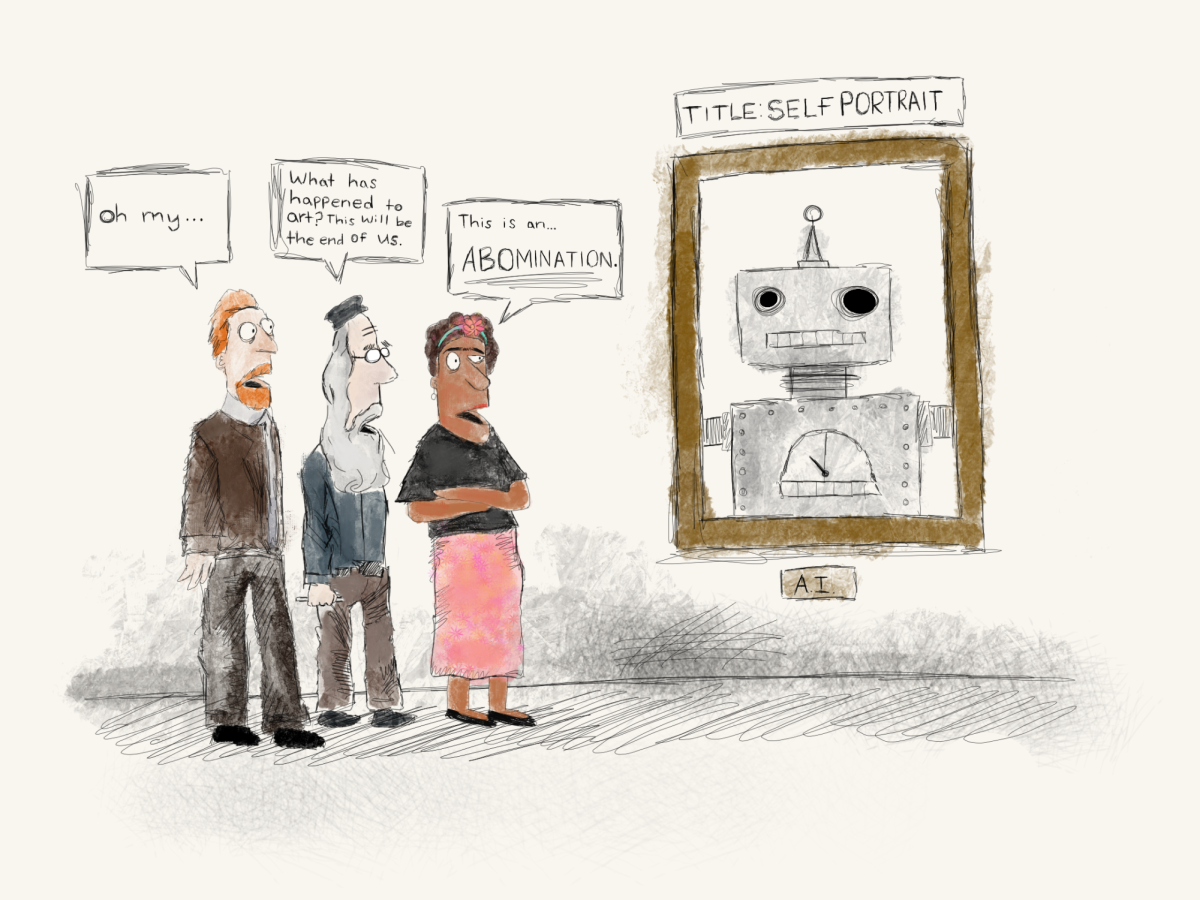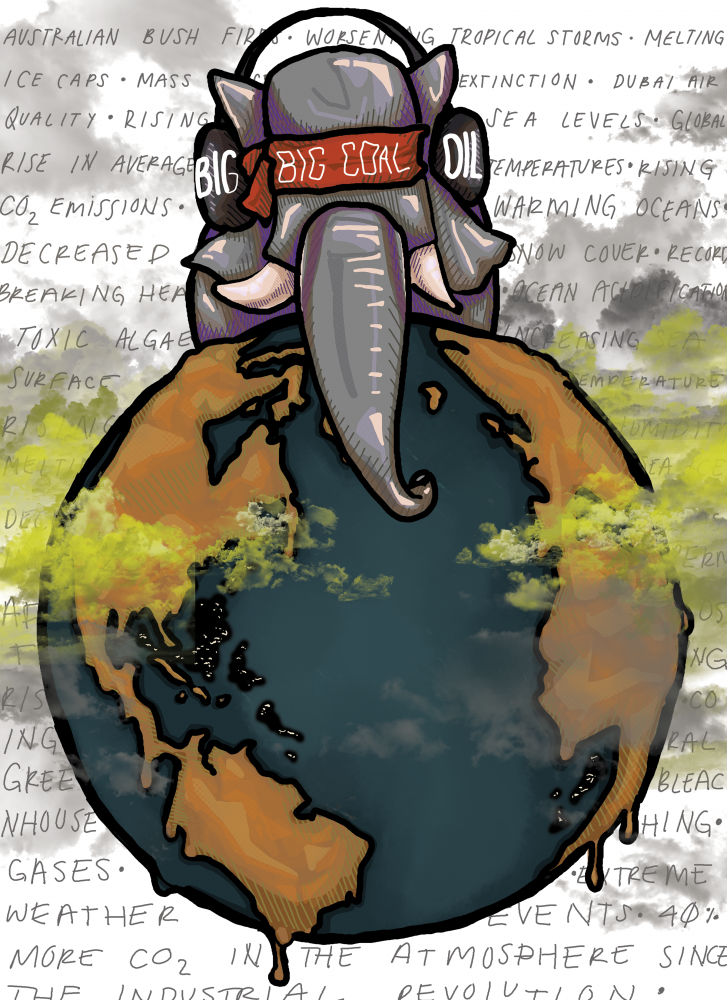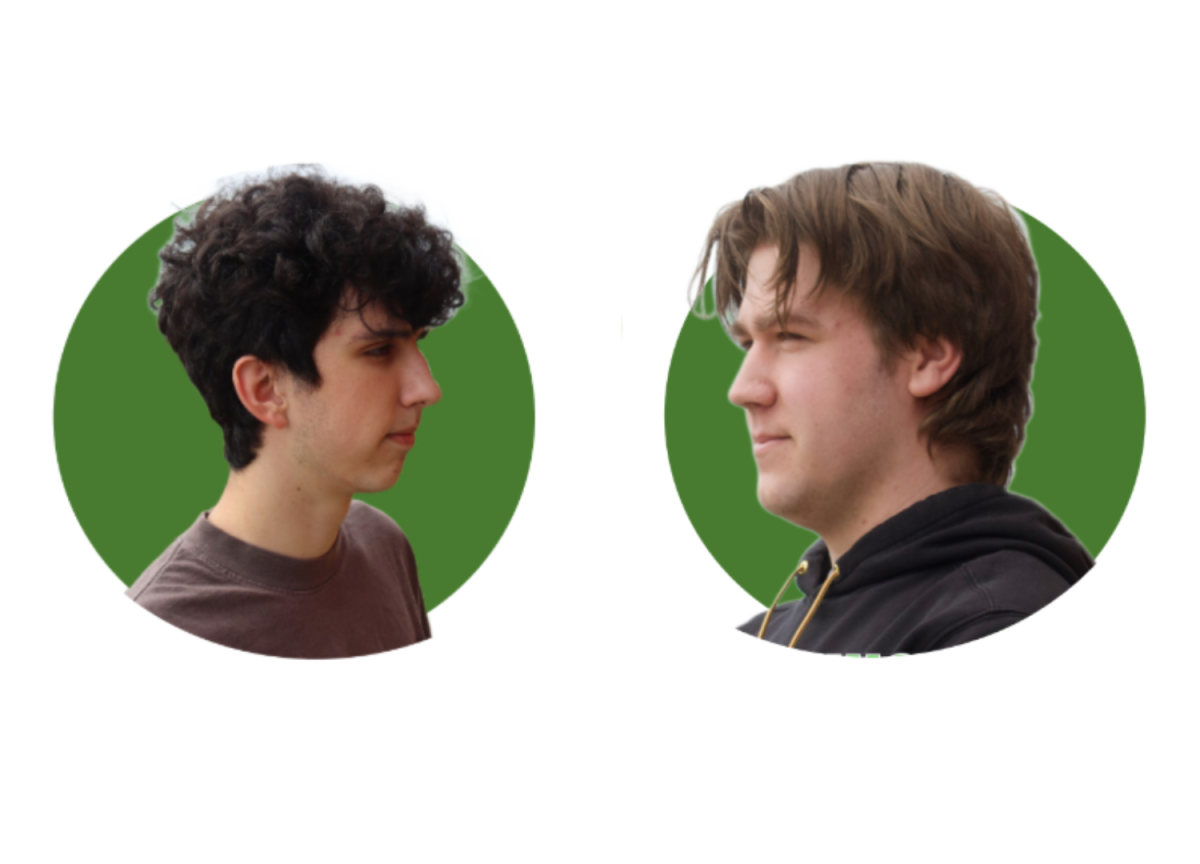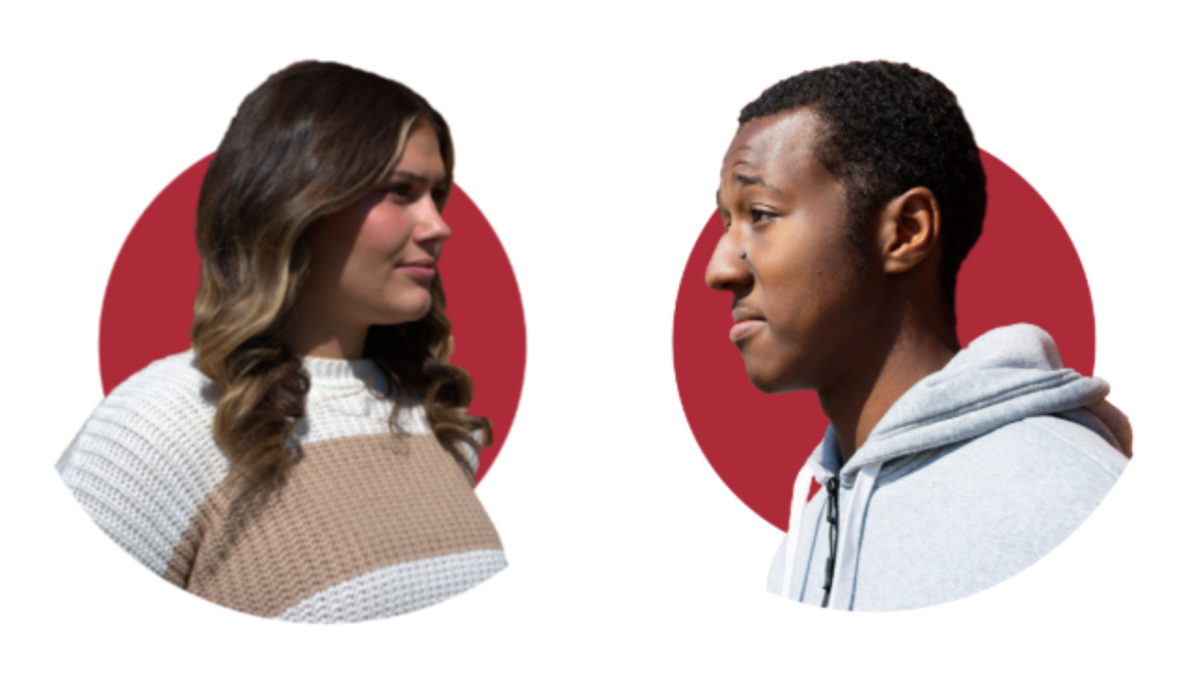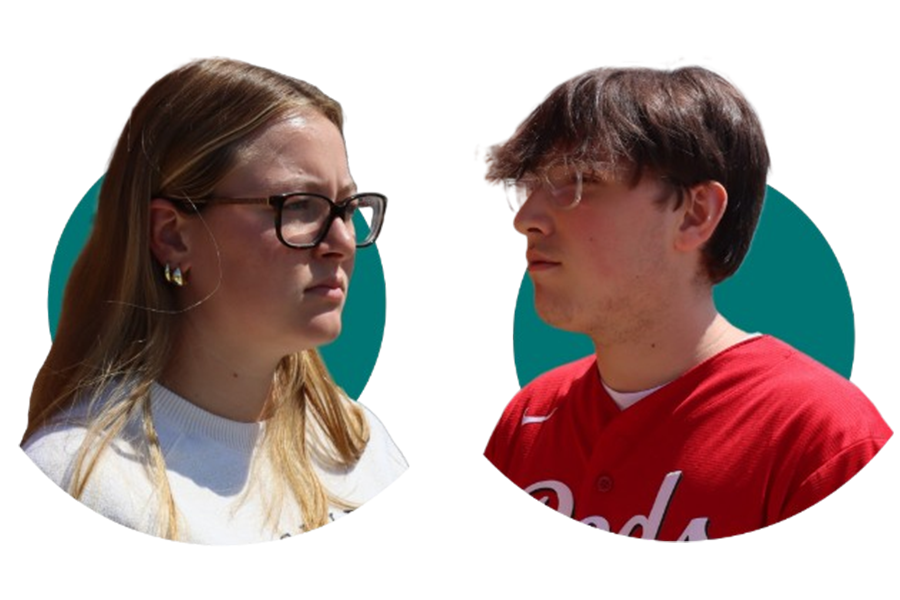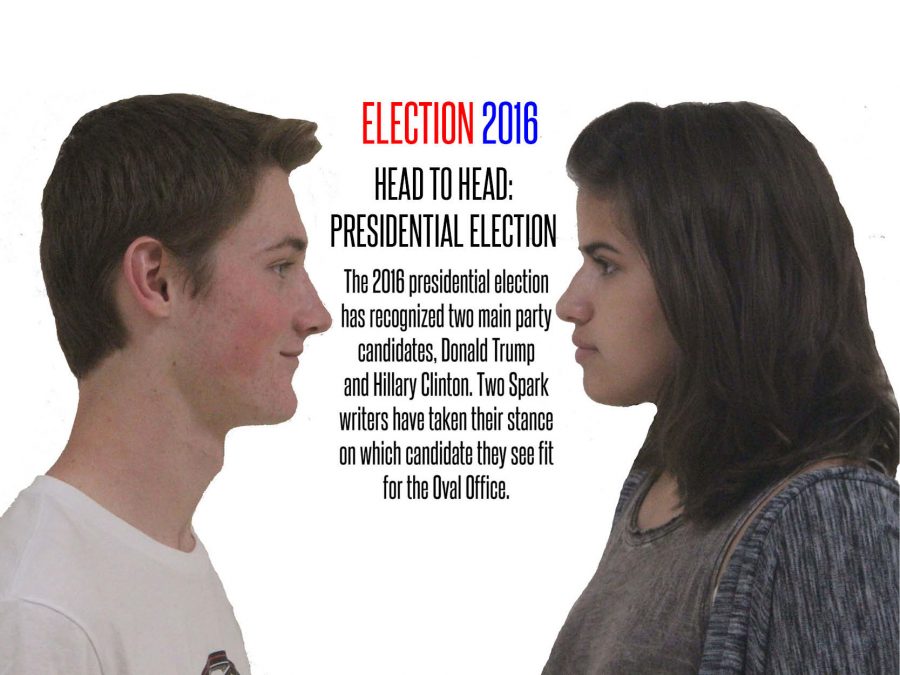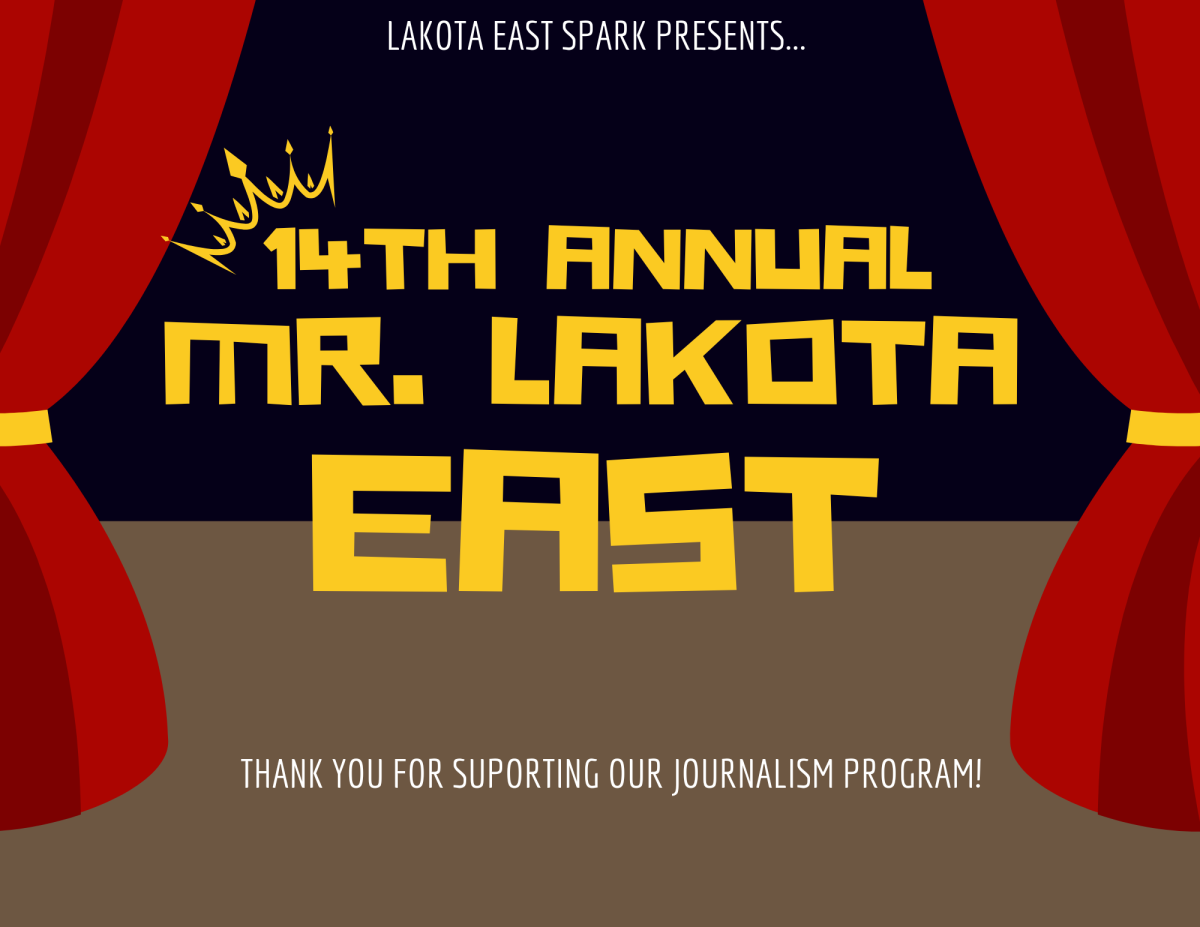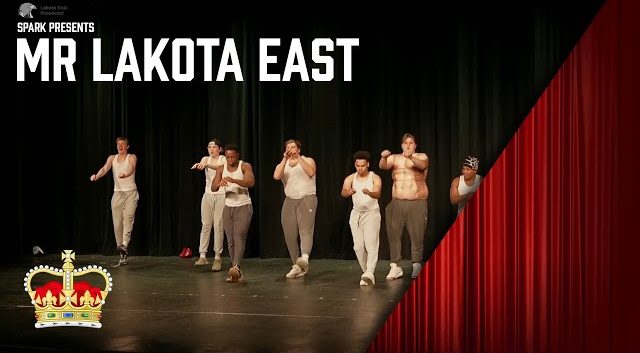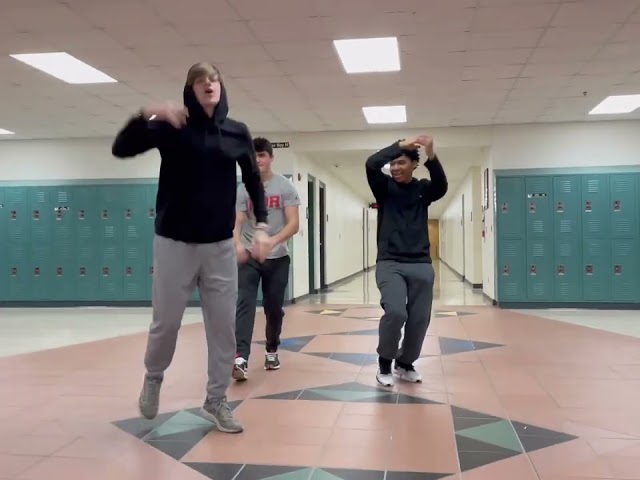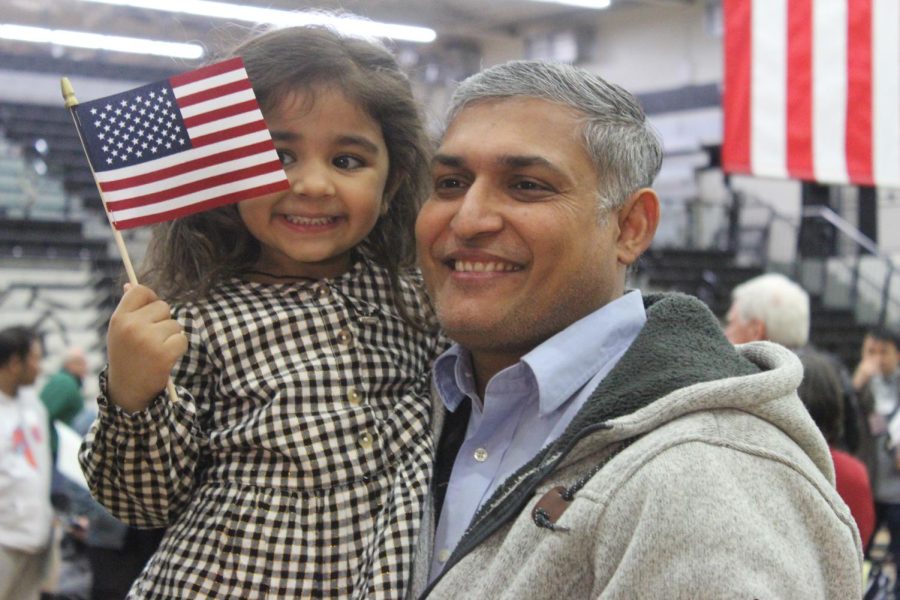STORY ALLIE HAUCKE
PHOTOGRAPHY KAITLIN DWOMOH & MARTHA MAKABU
Hundreds of people filed into the school gym. On the bleachers, students, friends, and family sat in anticipation. The soon-to-become citizens excitedly sat on the gym floor in rows of chairs. A stage and podium were placed at the front of the gym to help transform the gym into a courtroom and give the school gymnasium an air of authority.
37 different countries. 37 different cultures all in one room. On March 14, the East gym was turned into an official government courtroom to allow for the naturalization of 37 future citizens. Students and staff watched the ceremony and were in the presence of federal judges, justices, and marshals.
East Instructional Aide and East Veterans Club advisor Sally Barker was in charge of organizing the event. She said that since she was naturalized at one of the school ceremonies in 2001, she felt it was important to bring it back this year.
“I love the ceremonies in schools because we can make it even more special for the new citizens plus our students get to witness an event most people never get to,” Barker told Spark.
Barker said that holding the ceremony at school allows the participants to have a more comfortable experience. Participants in the ceremony have to arrive two hours early. She said that by holding the event at school, they were able to treat them to breakfast and congratulate them personally. Barker said that holding the ceremony at the school didn’t only benefit the candidates for citizenship, but it also benefited the East student body.
“I even had teachers tell me they have had students tell them how it affected them in a positive way after witnessing it and gave them a greater appreciation of what it means to become an American citizen,” Barker said.
Barker said that she feels it was very important for members of the student body to actively participate in the ceremony. ASL students helped to sign the national anthem and Veterans Club president Elliot Keith, gave a speech about the Oath of Allegiance. Barker believed that it was “a valuable experience for all students involved.”
“I was happy with the entire event but seeing the excitement on the faces of all the new citizens was the most rewarding,” Barker said.
Barker said that the event was a success. She said that they plan on making it an annual event, with the next ceremony scheduled for 2024.
The ceremony began at 10:30 a.m. and kicked off with multiple musical performances, including the Star Spangled Banner performed by the East Voices choir. Different ensembles of East bands played throughout.
East principal Robert Burnside gave a speech and introduced the members of the Lakota school board in attendance. Burnside also thanked everyone for participating in the ceremony, and then told the story of his own children gaining their citizenship.
When the time came for the new coming citizens to recite their oaths, the spectators were silent. The only voices that could be heard were the judge and the new citizens reciting in unison. As they finished the room erupted into applause.
Sandeep Kandregula was one of many completing the naturalization process on this day. Kandregula is originally from India. He said that he pursued the process of acquiring his citizenship so he could be with his girlfriend and that he is “very happy” about gaining U.S. citizenship. Kandregula has lived in the U.S. his whole life and said that he doesn’t really miss his home country.
“I have lived here my whole life but I feel proud that now America is really my home,” Kandregula told Spark.
Kandregula said that he felt the environment at the East event was “welcoming.” He said that he felt the energy was “more enthusiastic and less formal.”
More than 7.4 million naturalized citizens have been welcomed into the U.S in the last decade. People applying for their citizenship must undergo a lengthy process to acquire citizenship.
One of the people getting his citizenship at the ceremony was IbrahIma Ogomaly Djimde. Djimde is from Mali; he came to the U.S in 2009 when he was 17 years old to play basketball. He came completely alone, leaving all of his family behind in Mali. Djimde shared that he was lucky to have a host family in the states. He said that his host family is “basically” his family now.
“If my family had to move back with me it would be hard because our first language is French, so they have to start over and learn a new language,” Djimde told Spark.
Djimde, like his family, is a native French speaker. When he came to the U.S., he knew no English. He said that although it was difficult to learn a new language in a new place, he was lucky to have a teacher aiding him at school.
“I was lucky to have an ESL teacher who would help me to learn the language and help me with homework and stuff,” said Djimde.
Also concluding her journey towards U.S. citizenship, Xiaoli Zhao came from China around ten years ago. She originally came to the U.S. because her ex-husband is an American citizen. She is currently a bookkeeper at a local law firm.
“The longer that I live here, I feel like the American values about freedom, is what I belong to. I share the same values, and then I decided that I wanted to be a part of this and cherish and value American culture,” Zhao told Spark.
She believes that people who are born in the U.S often take it for granted. Zhao said that the U.S. holds very important values that shouldn’t be ignored by citizens by birth. She mentioned citizens by birth should not be “entitled” and should not “take for granted” being born in the U.S. because so many people fight for the right to be a citizen.
Originally from Nepal, Anjiana Chapagain gained her U.S citizenship at East as well. Chapagain mentioned that she could feel a sense of “unity” in the makeshift courtroom. She feels “blessed” to be getting her citizenship and said that it wasn’t easy to adjust to living in the U.S at first, but she’s “very happy” that she did.
“Ever since moving, I have felt a connection to America and the people here, it was not about opportunities but really connection,” said Chapagain.
After the soon to be naturalized citizens recited their oath, the room slowly dispersed. The new citizens hugged their loved ones. They took pictures on the stage, commemorating the occasion. The room was full of happiness and excitement. People from 37 countries entered, all leaving as citizens of one.


